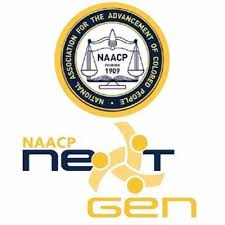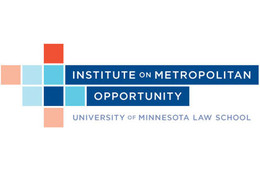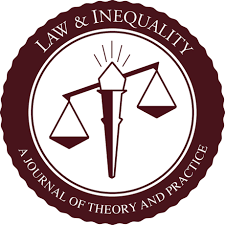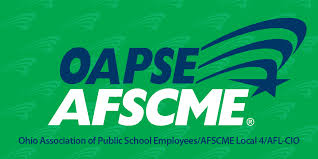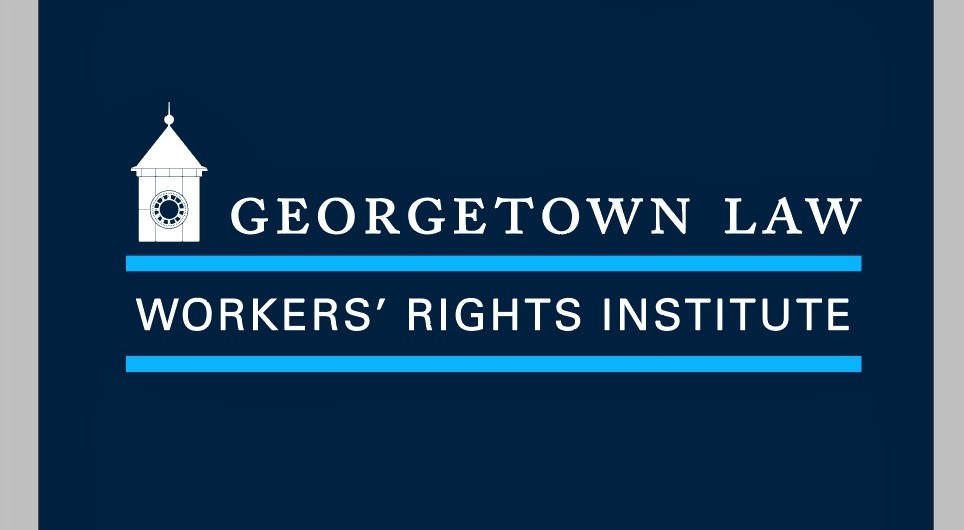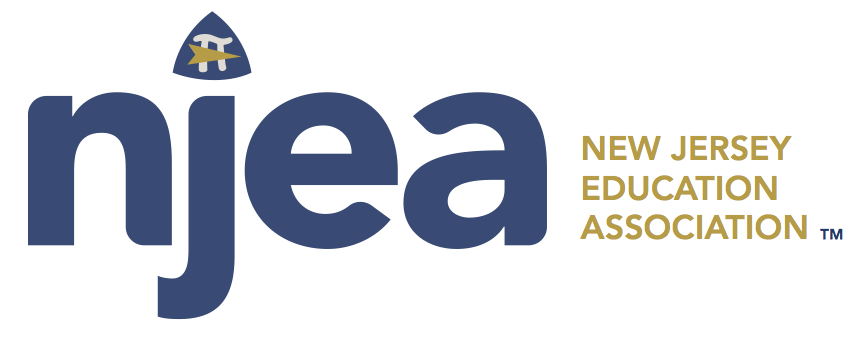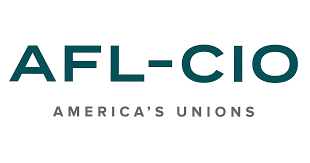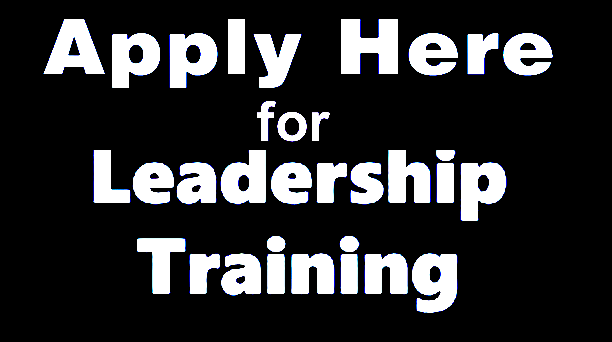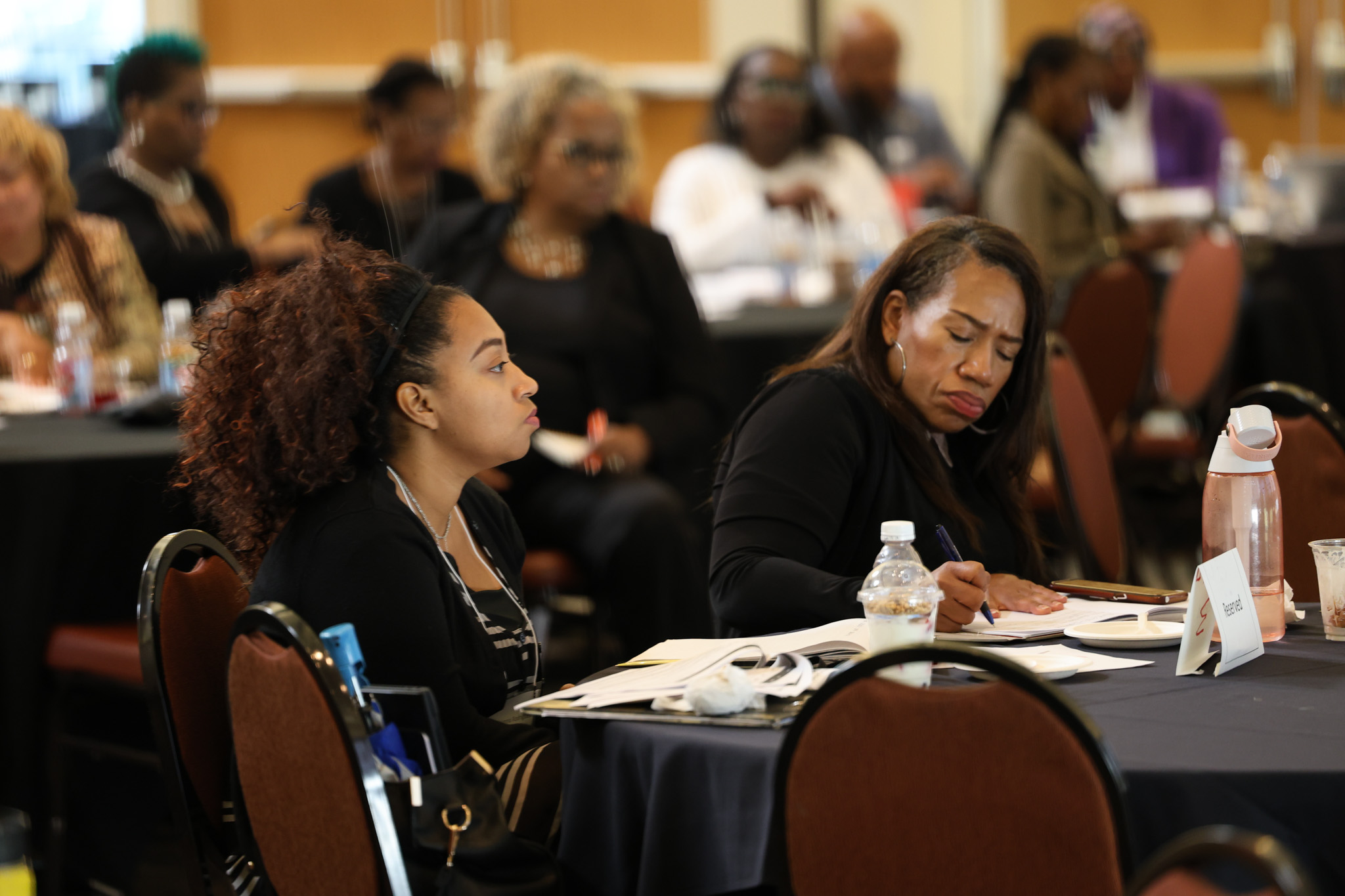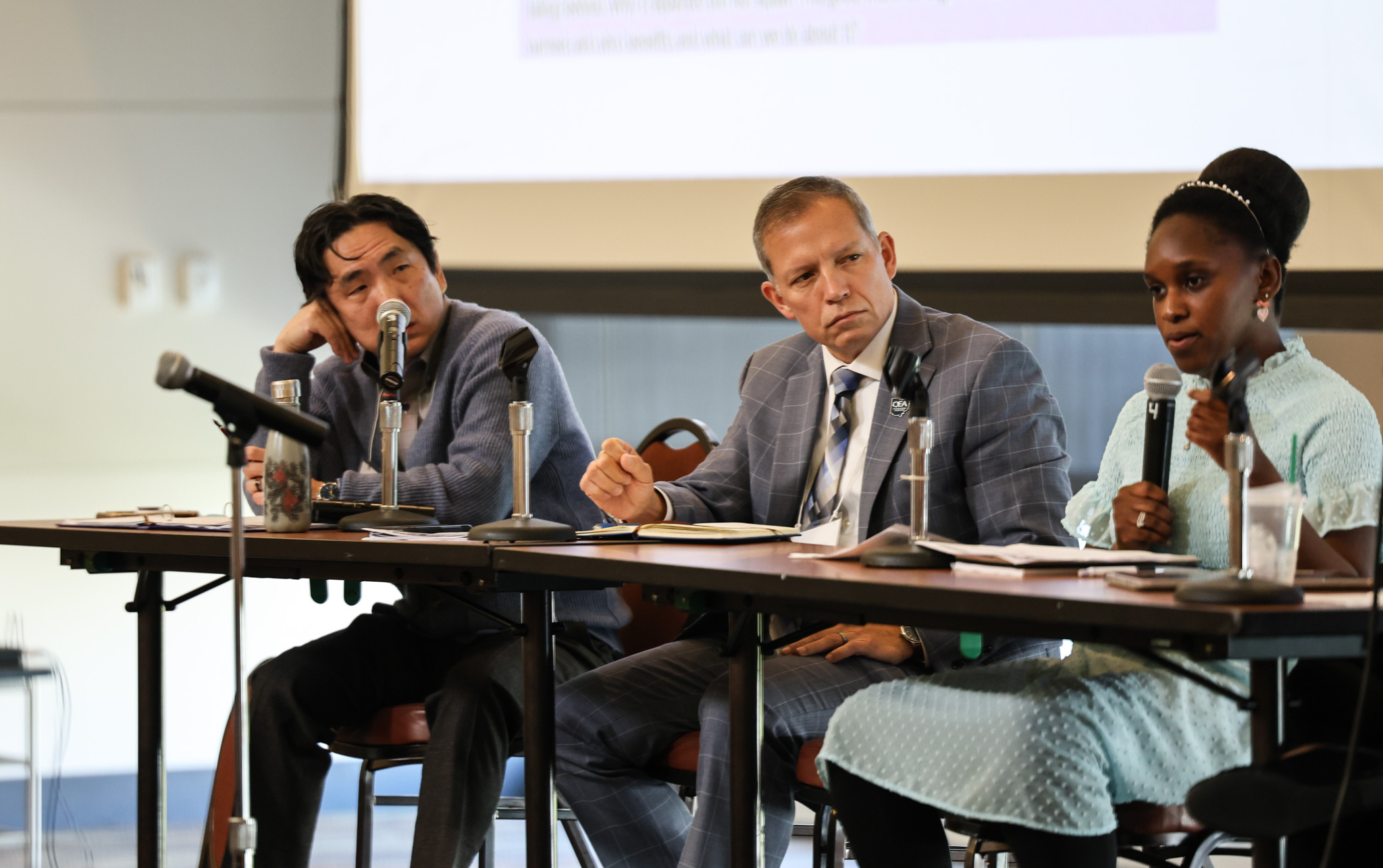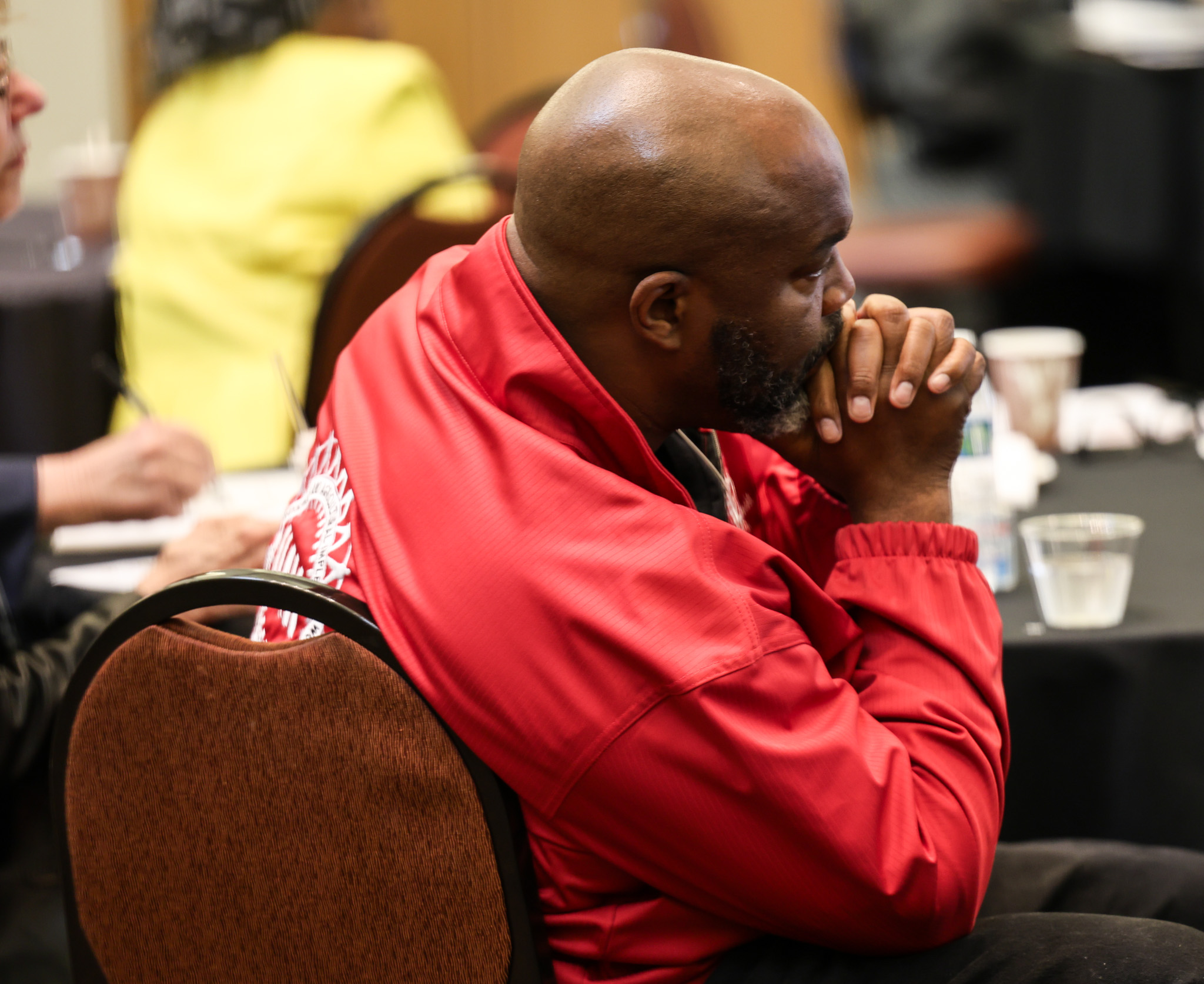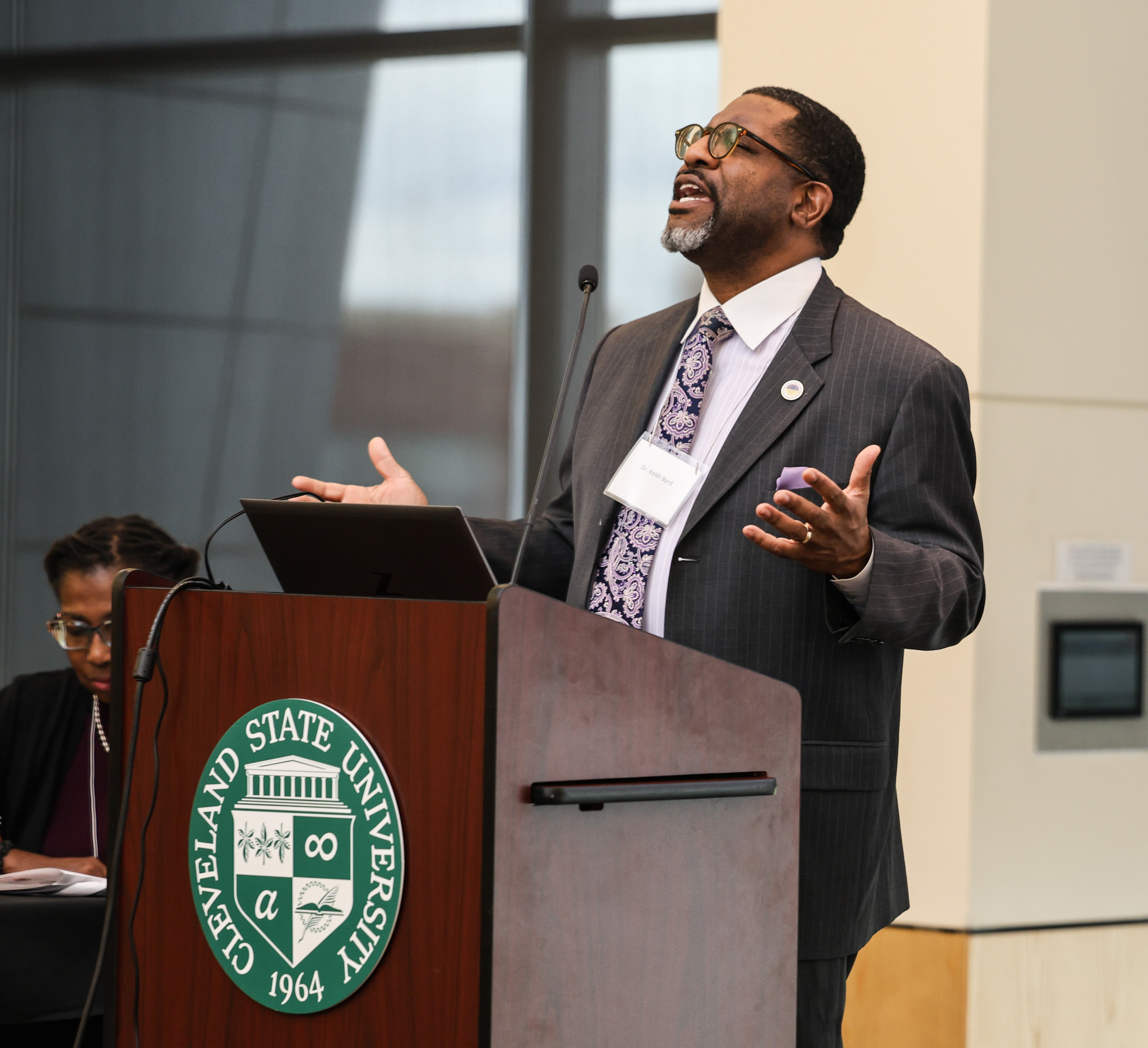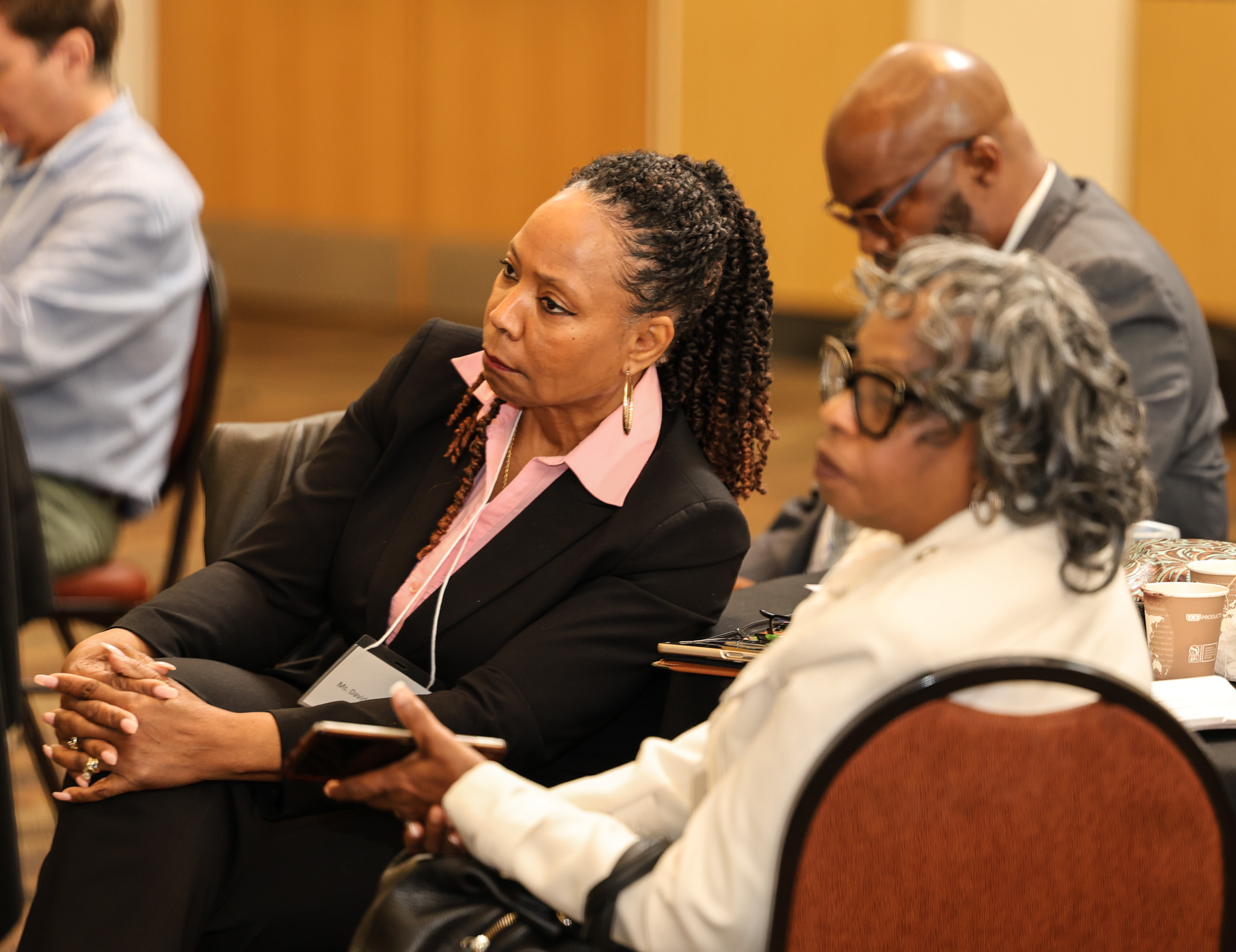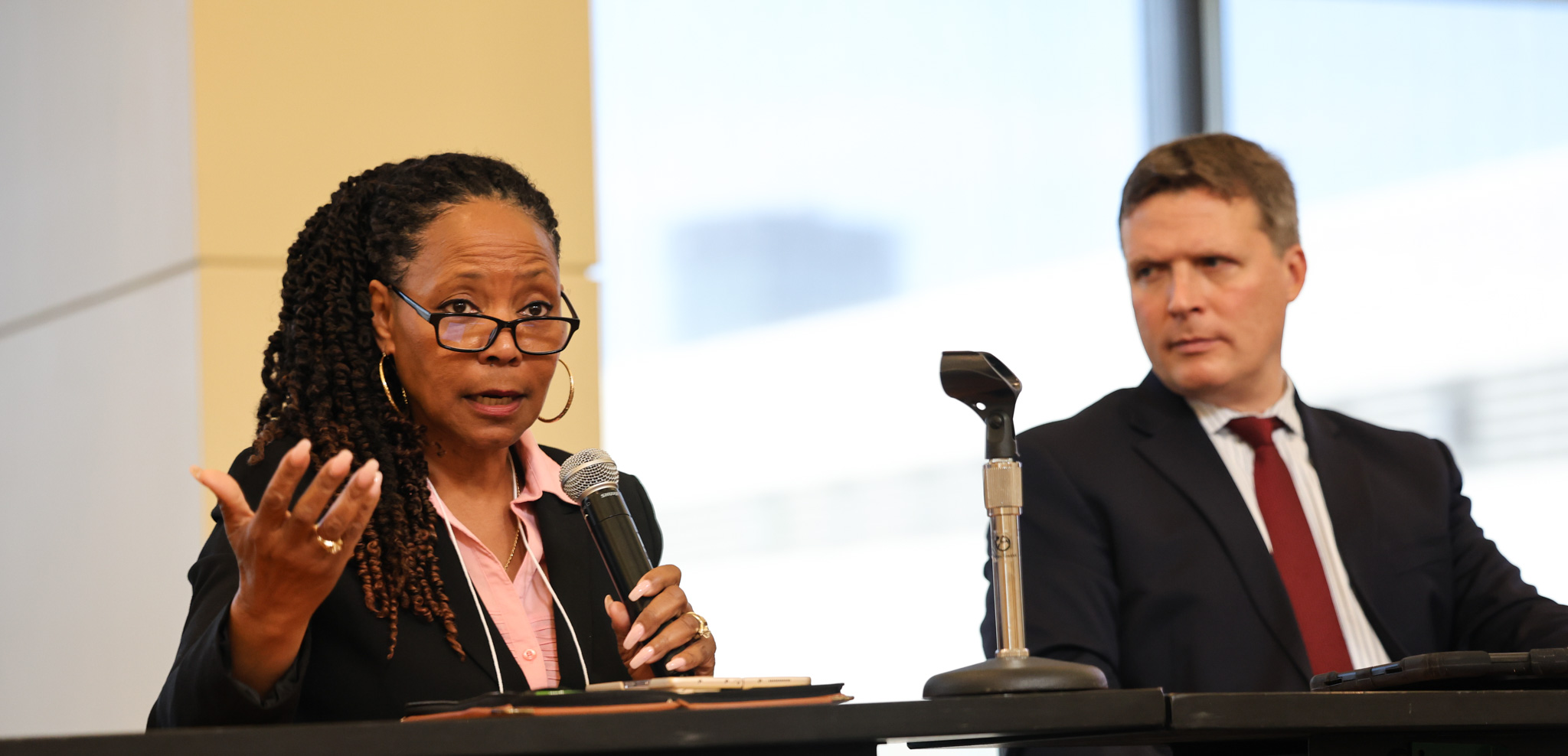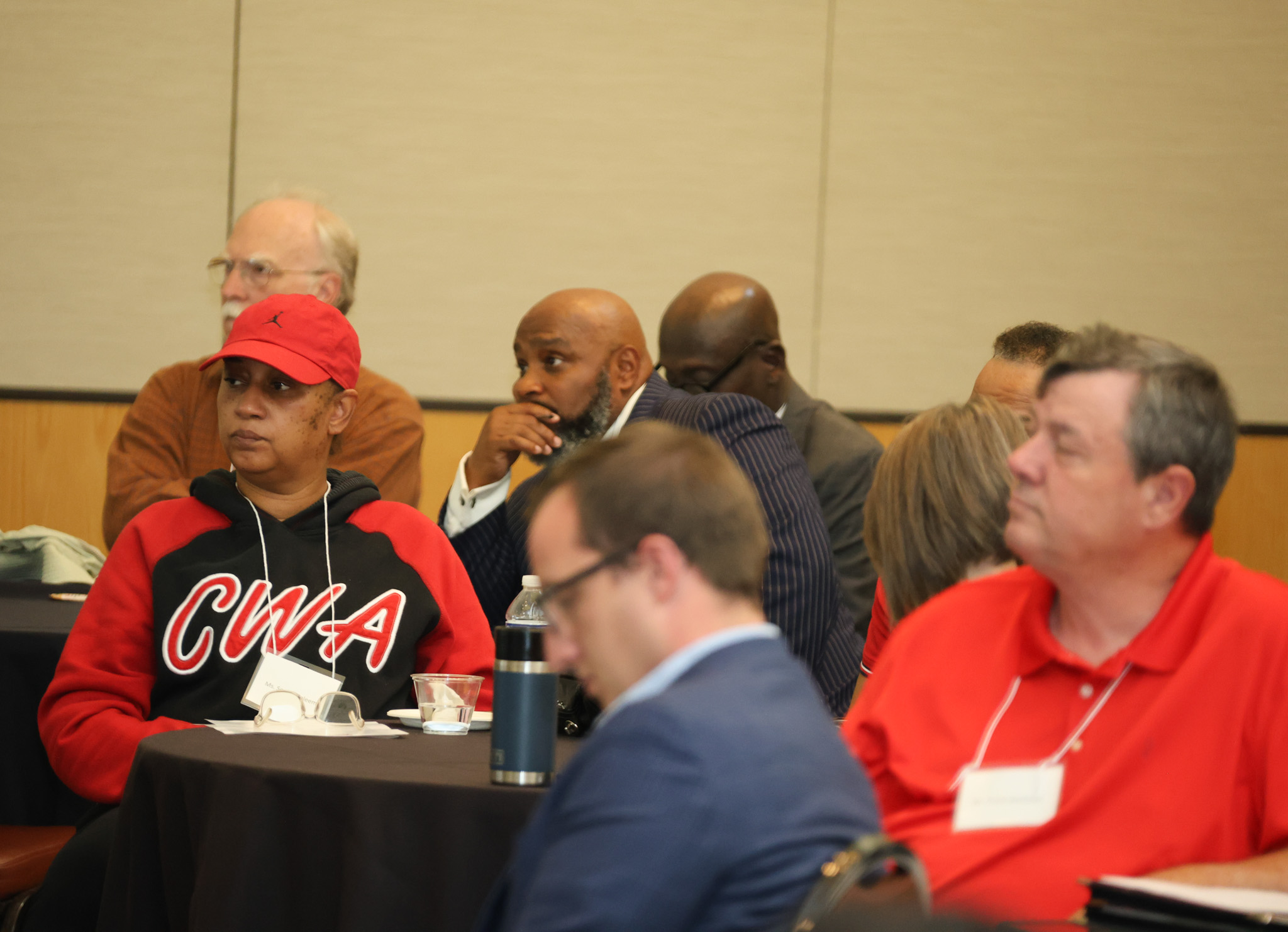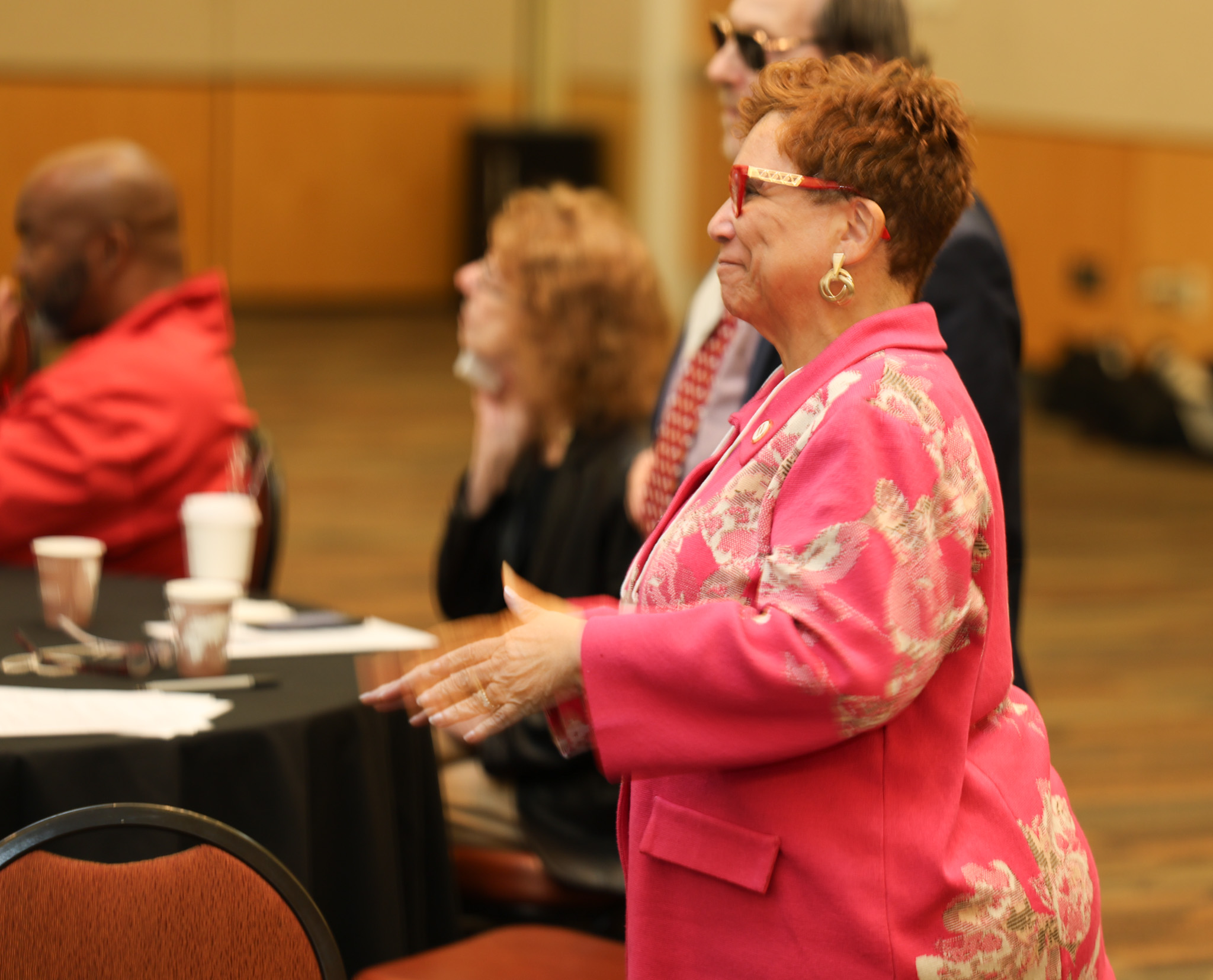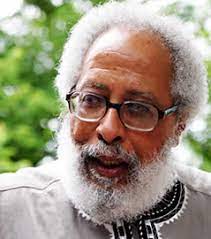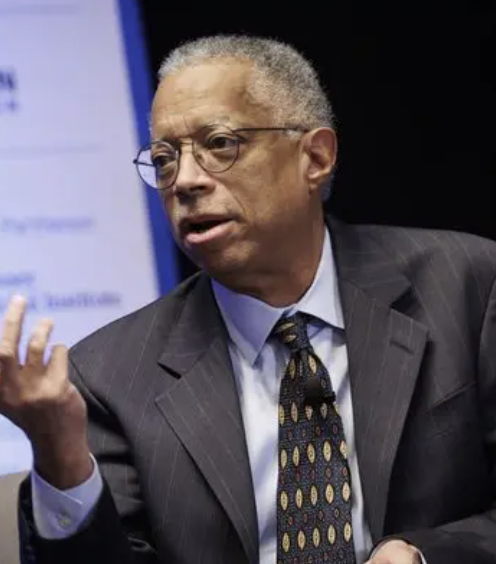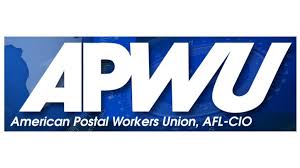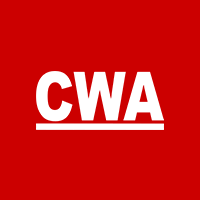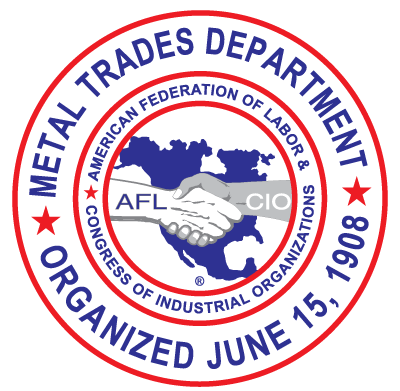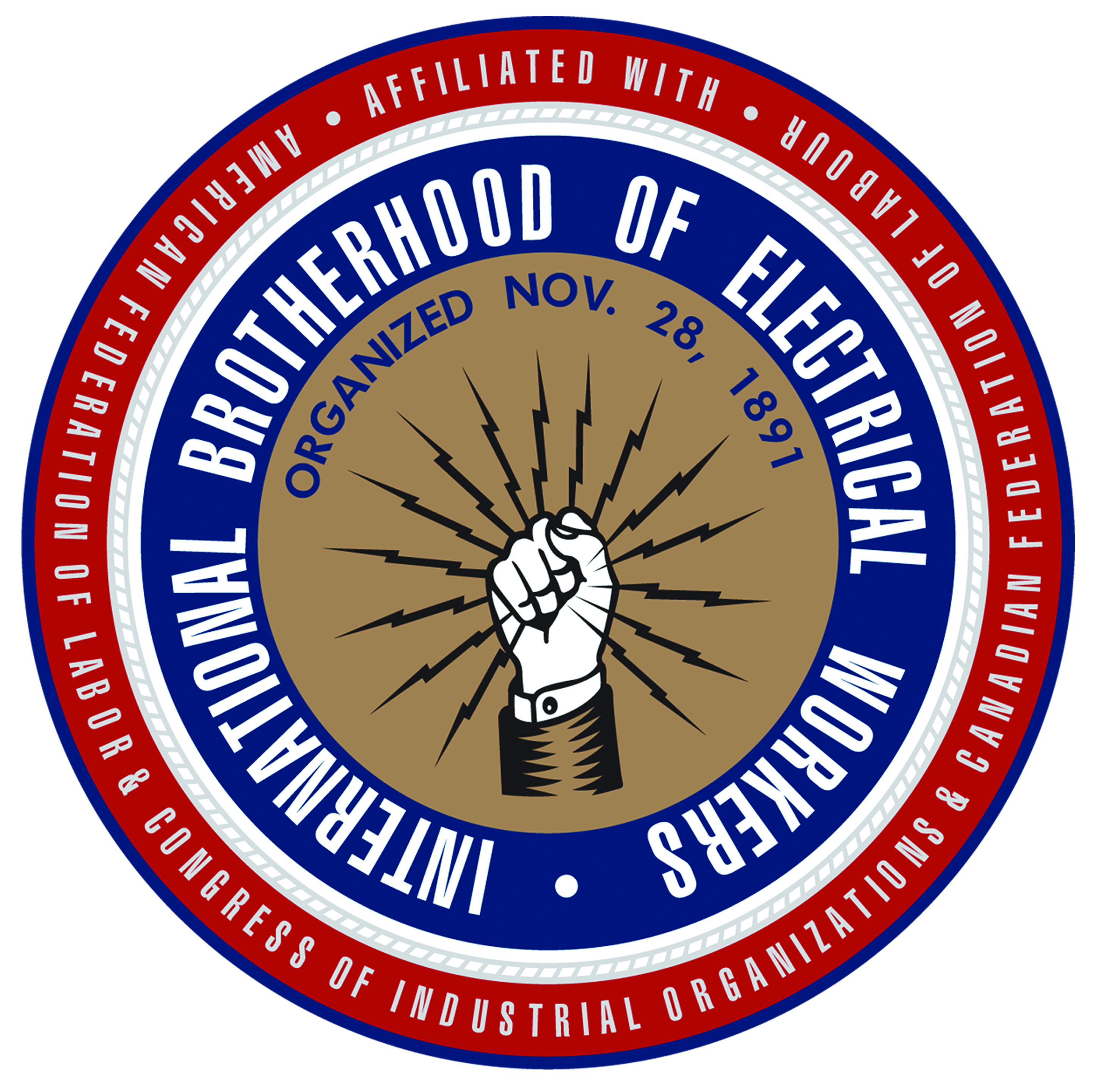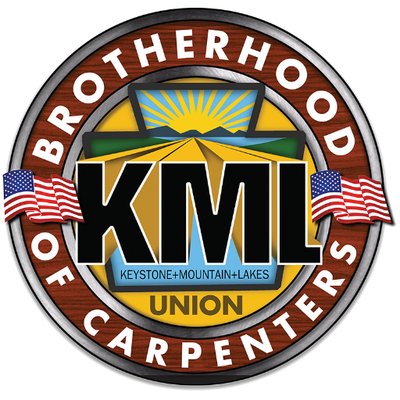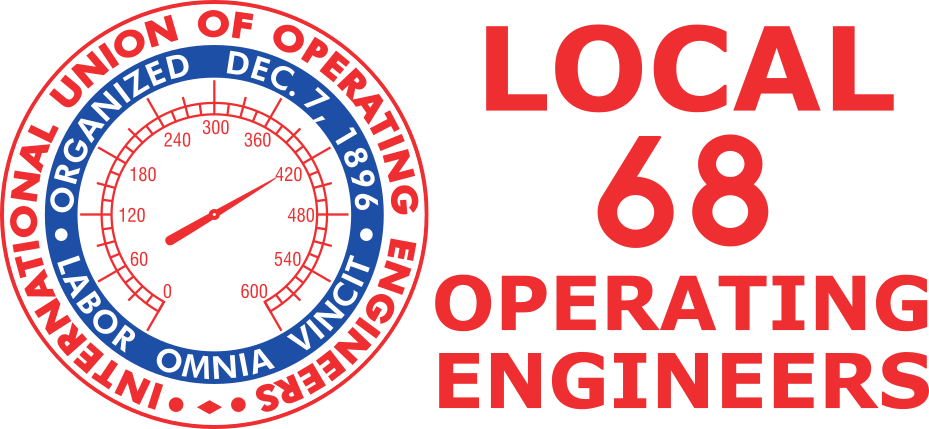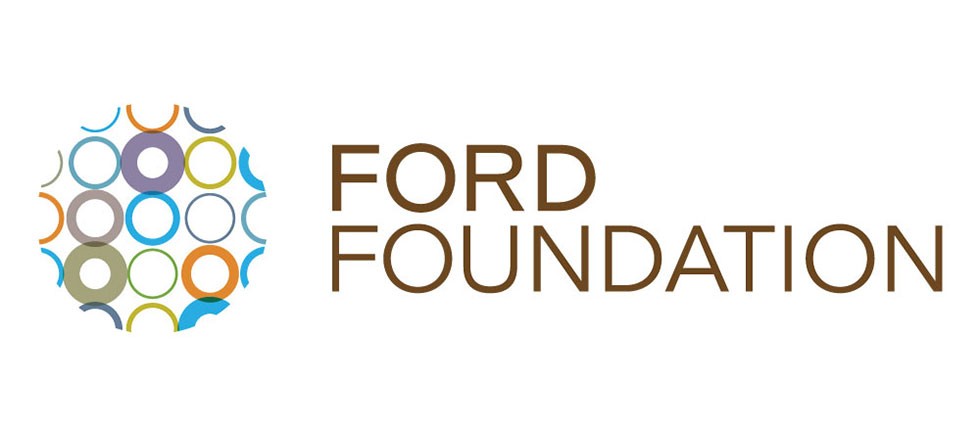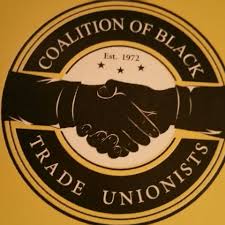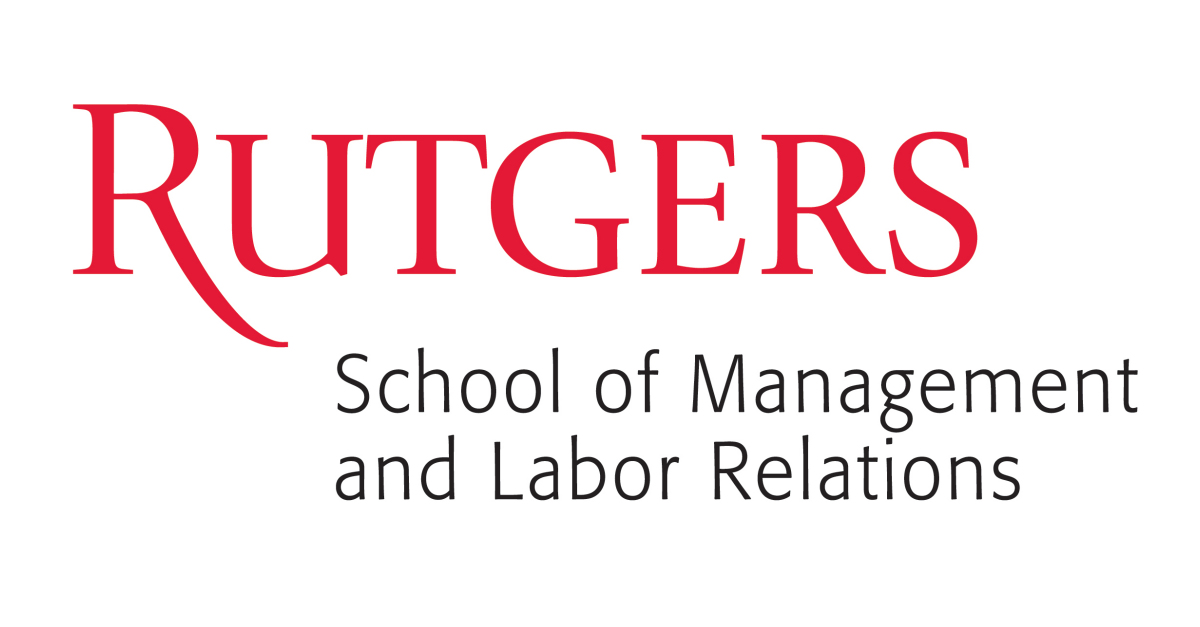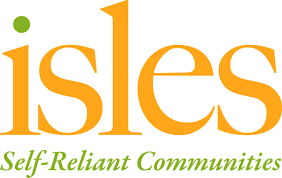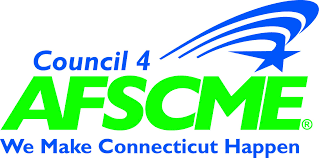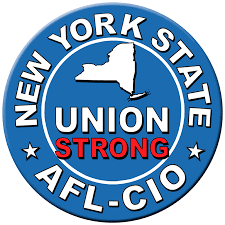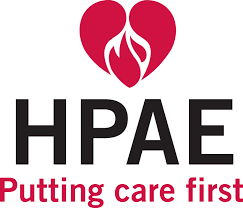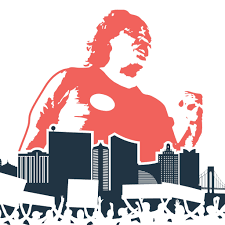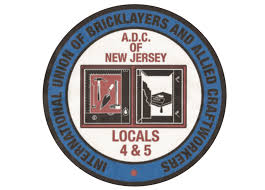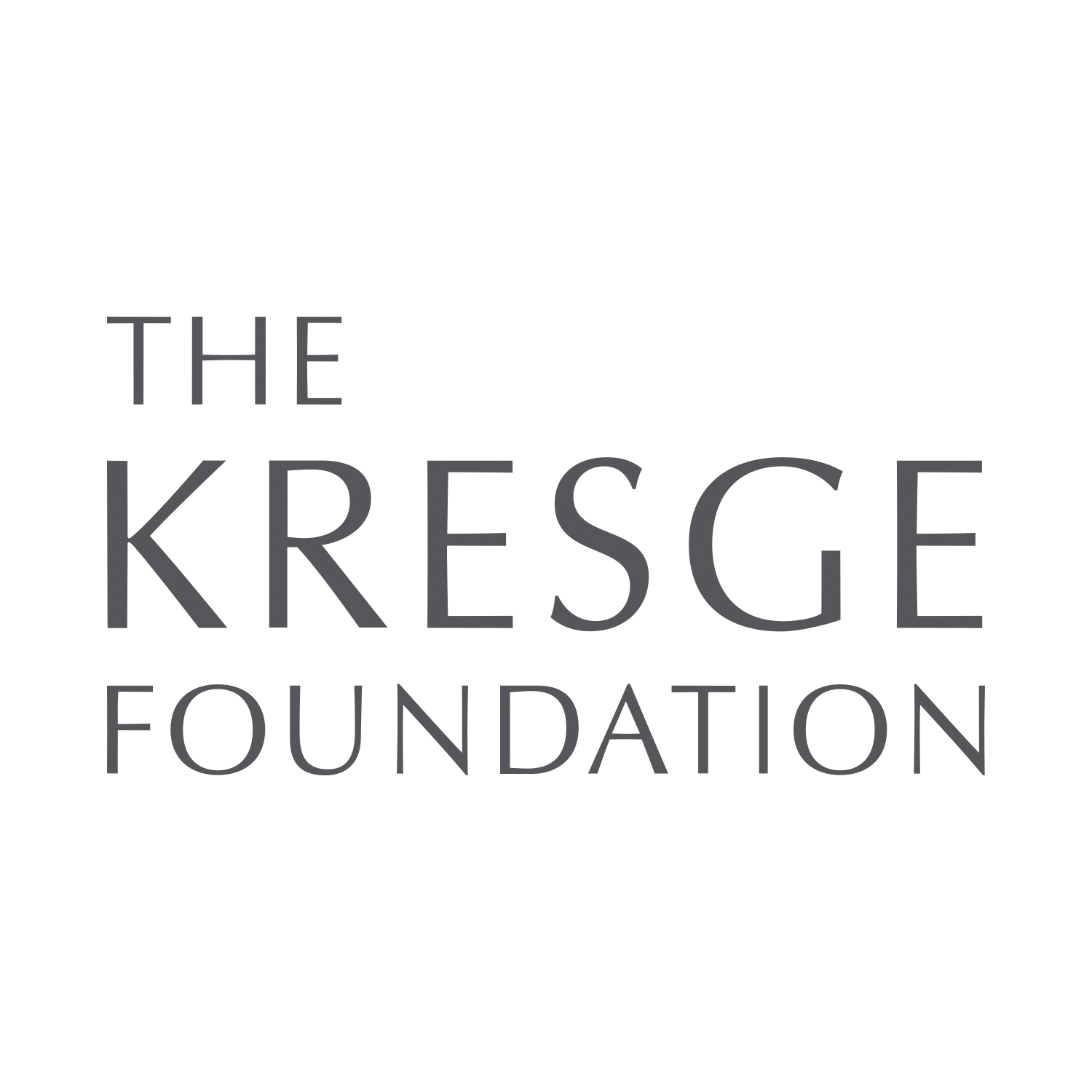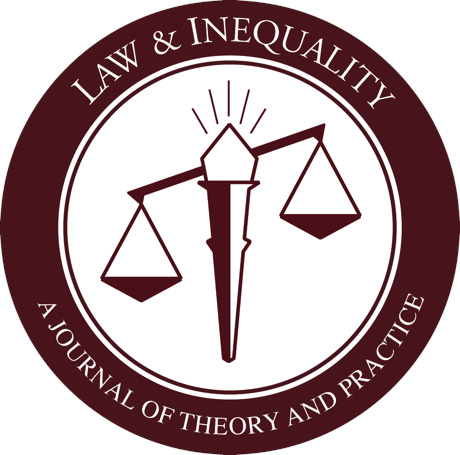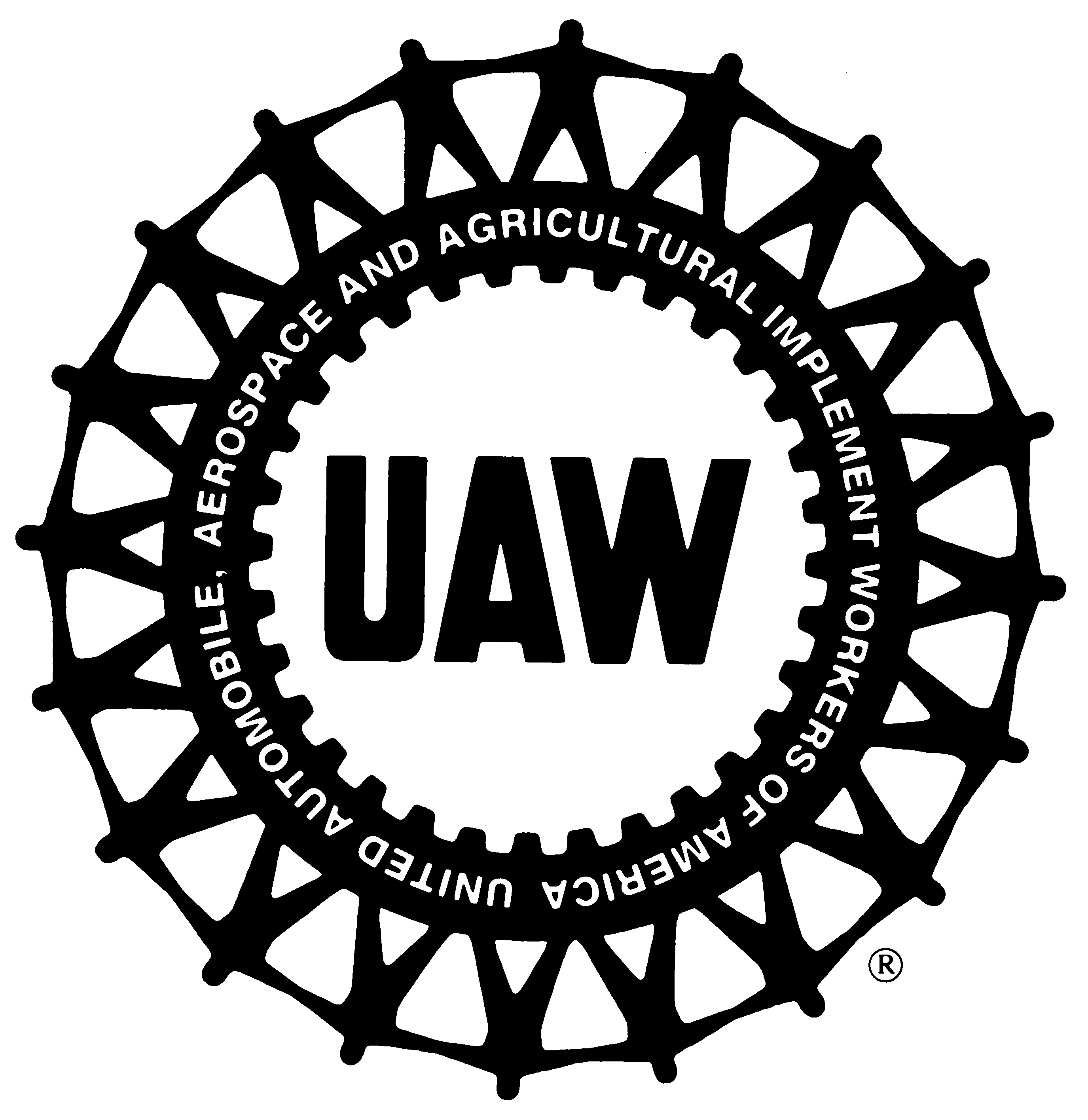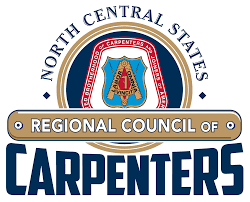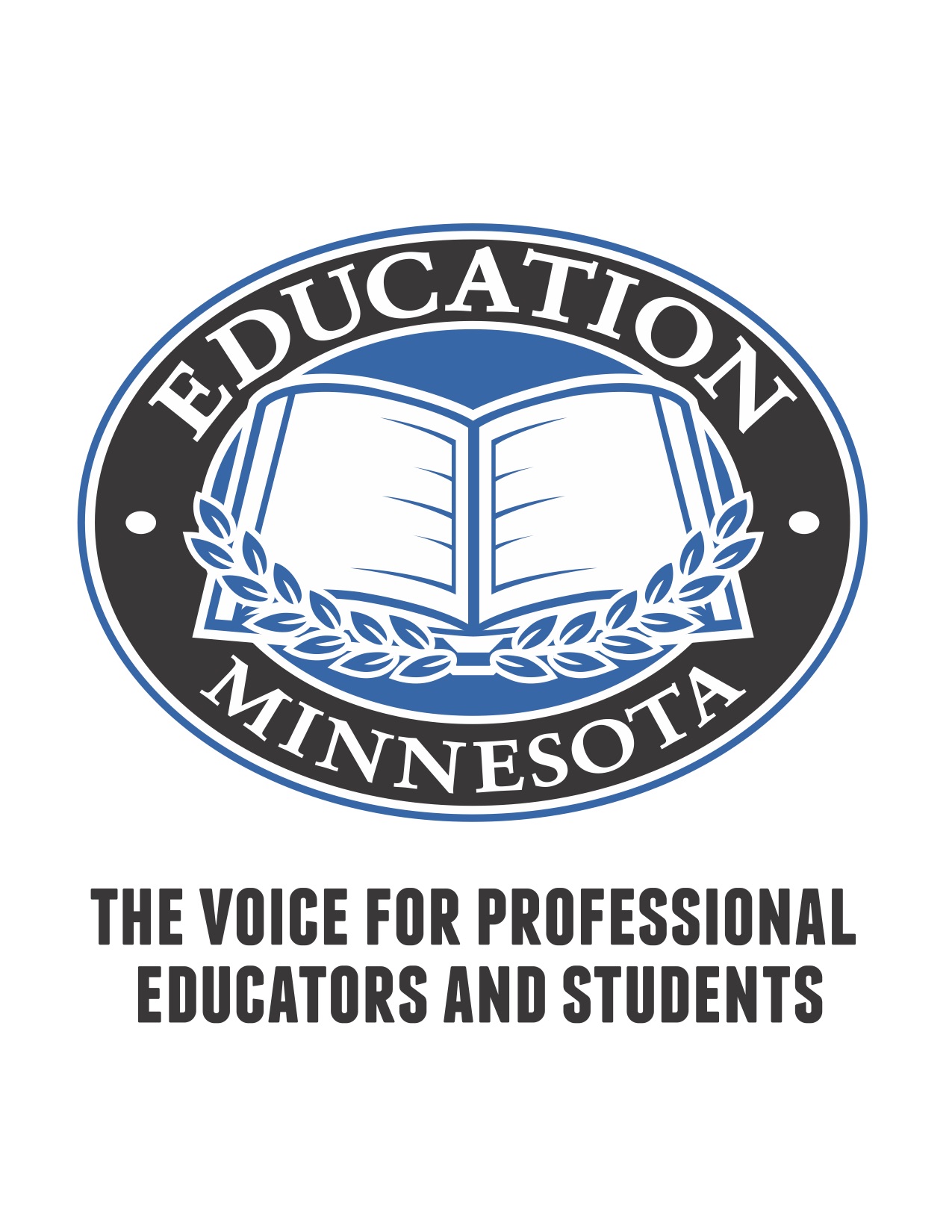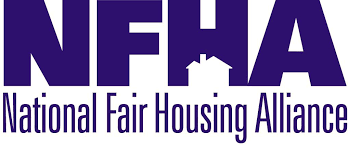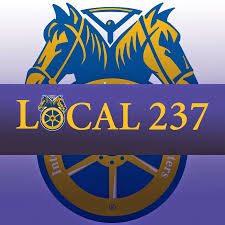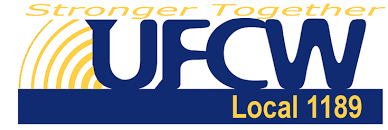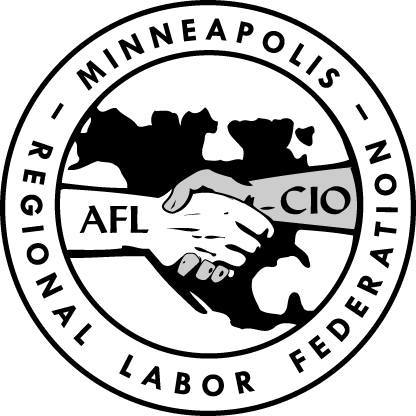Summit for Civil Rights 2023
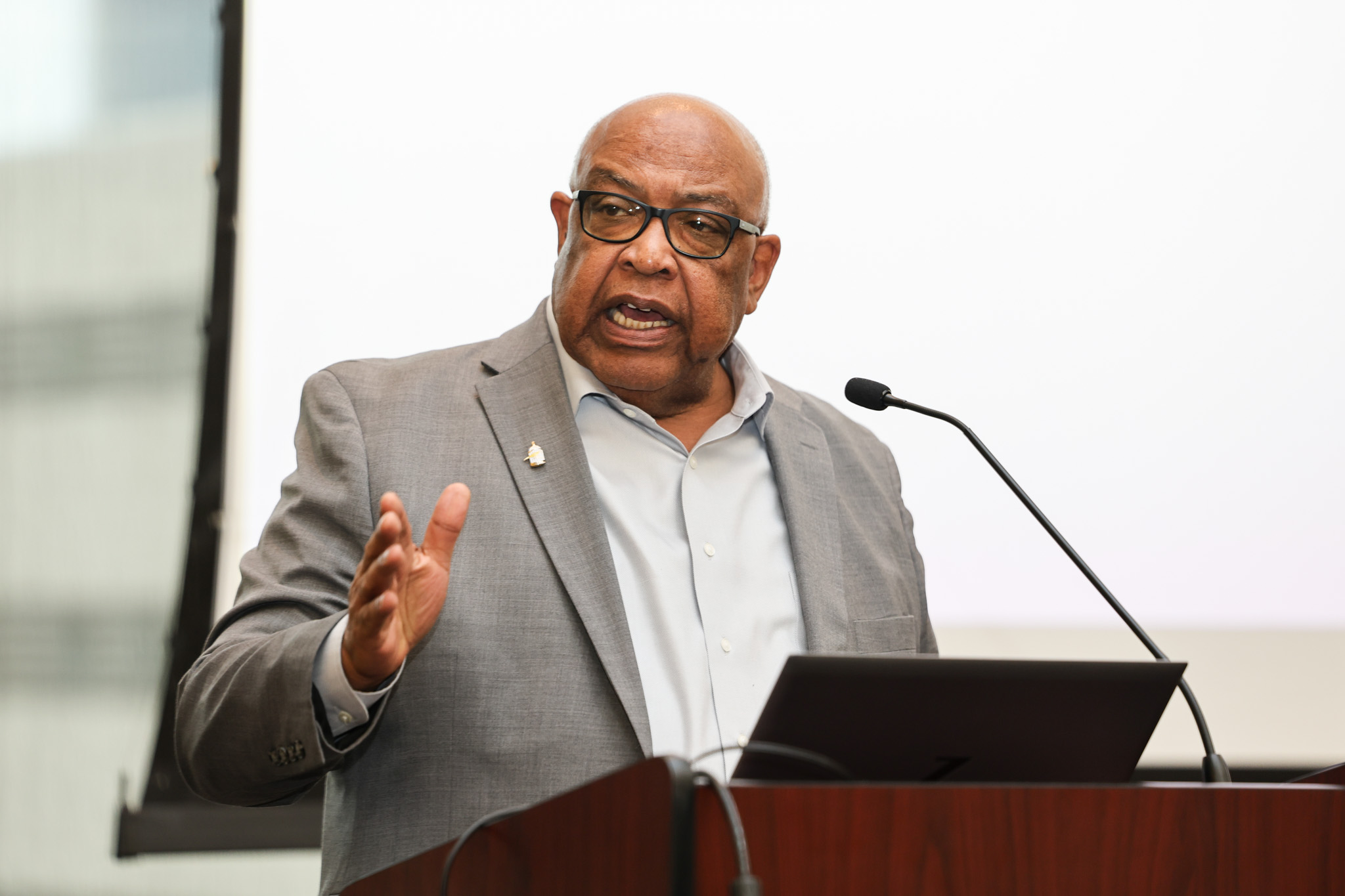 The 2023 Summit for Civil Rights, chaired by New Jersey based Pastor Willie D. Francois III and Ohio Civil Rights labor leader Petee Talley, included powerful and inspirational speakers with experienced and insightful practitioners, scholars, and constituency leaders. The inspiring messages, sophisticated analysis, and timely message to "reclaim populism" led to a prophetic call to action to organize and mobilize for multi-racial power and expanded inclusive middle-class opportunity.
The 2023 Summit for Civil Rights, chaired by New Jersey based Pastor Willie D. Francois III and Ohio Civil Rights labor leader Petee Talley, included powerful and inspirational speakers with experienced and insightful practitioners, scholars, and constituency leaders. The inspiring messages, sophisticated analysis, and timely message to "reclaim populism" led to a prophetic call to action to organize and mobilize for multi-racial power and expanded inclusive middle-class opportunity.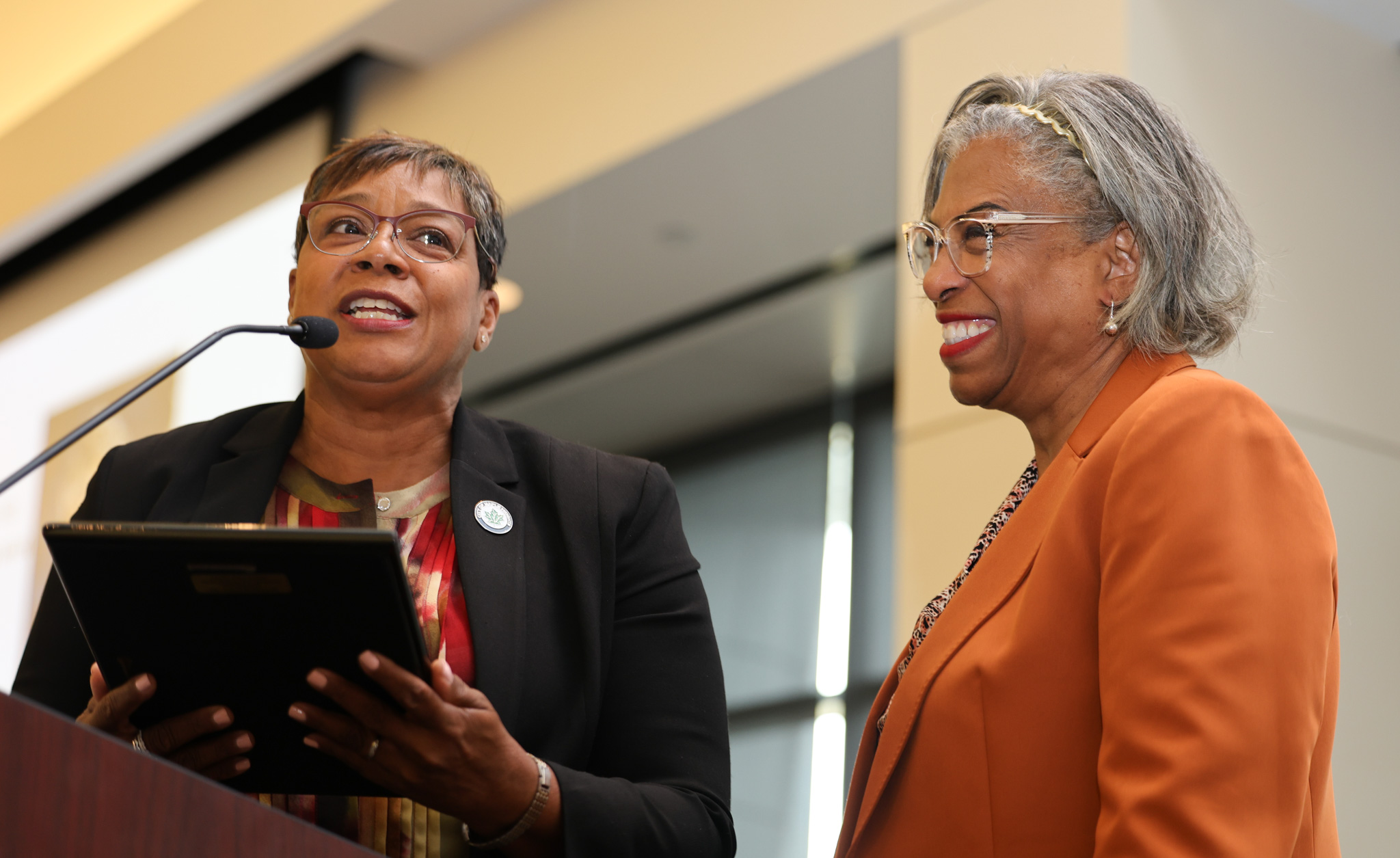
The speakers and panelists described how the enduring racial divide in America drives not only economic inequality but much of our political dysfunction.
Professor Myron Orfield reported on the state of the color line in the 21st century describing how redlining, and segregation have metastasized and deepened across metropolitan areas driving disparities in wealth, health, work, and opportunity.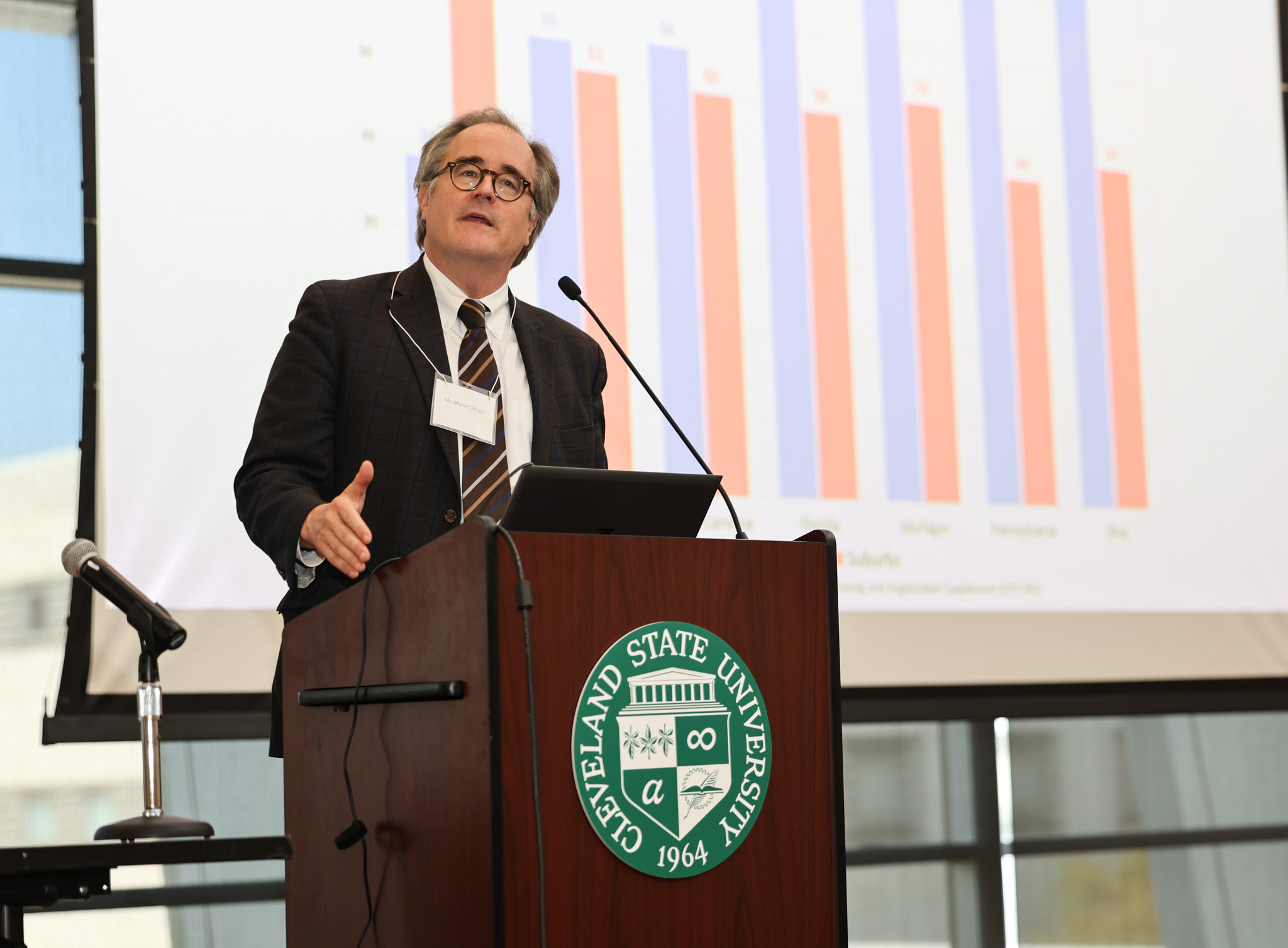
Dr. Otis Moss Jr. provided an authoritative and personal perspective, as a reminder of the critical role that the Black church, Black leaders and Black institutions played in defeating Jim Crow and moving our whole country forward.
Panels of experts and practitioners drew parallels and lessons to connect the role of racial segregation and concentrated poverty to many of our most pressing issues from mass incarceration to urban sprawl and environmental degradation.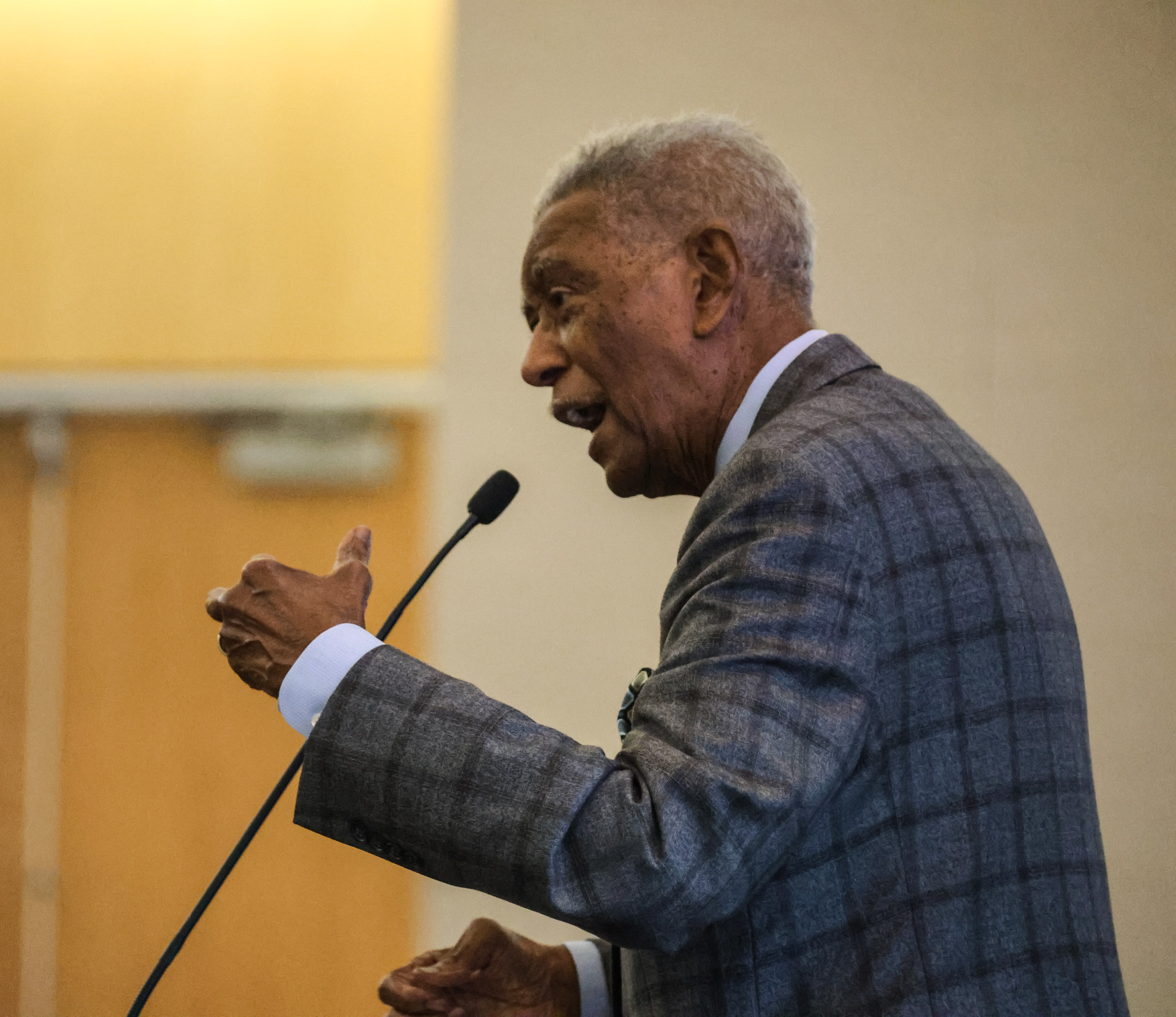
The first day of the Summit closed with a rousing message of hope and power from Dr. Frederick D. Haynes, the new president of the National Rainbow / Push Coalition, who reminded us that “We are the Ones we have been waiting for”.
The second day of the Summit continued with a deeper analysis of the color line in America and the consequences for communities, families and children caught on the “wrong” side of it. Two panels amplified the presentation given by David Rusk with real-life implications and examples around education, economic opportunity, work, and the environment.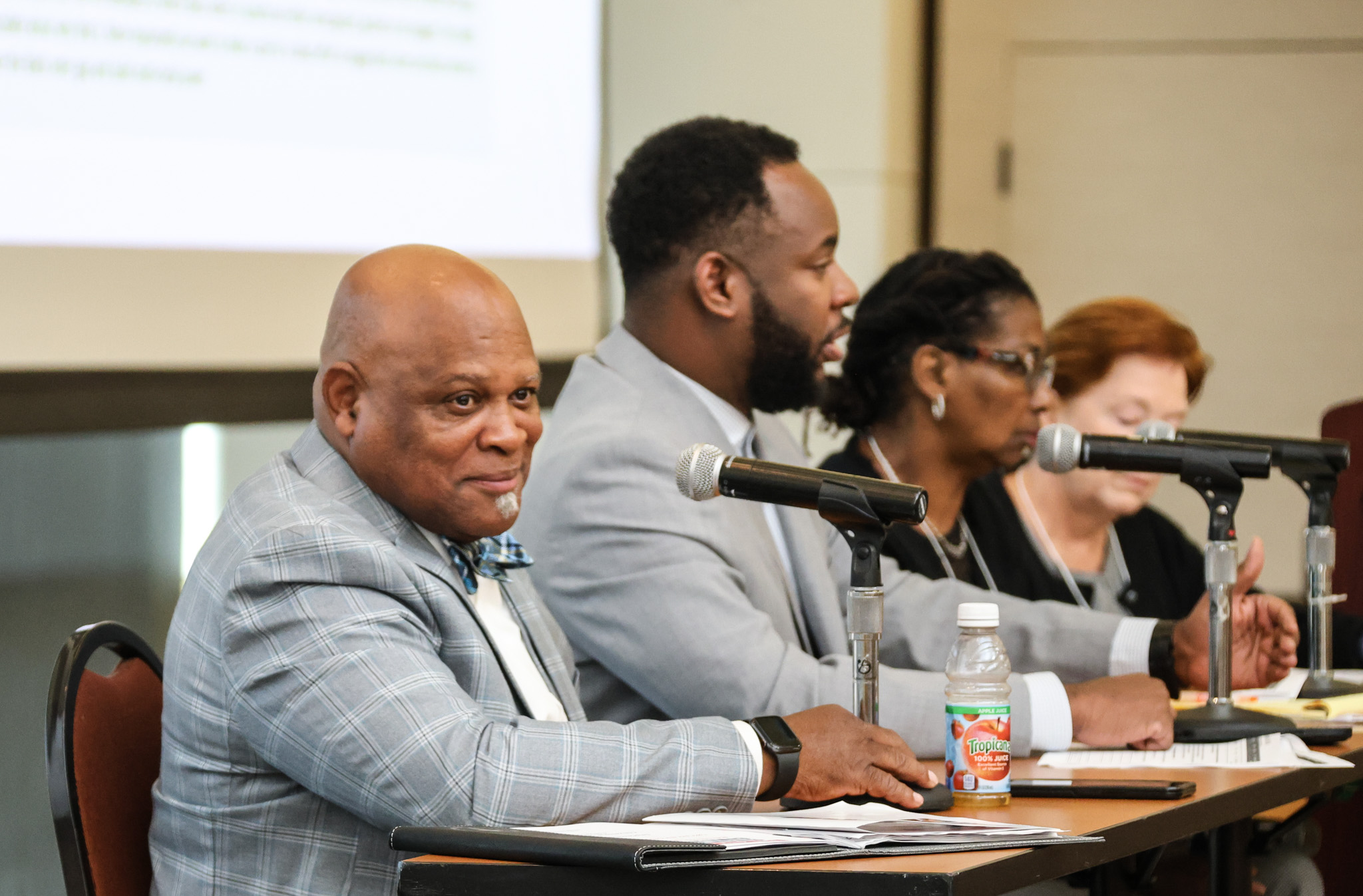
Former Congresswoman Brenda Lawrence helped shift the conversation from problems to solutions as she told her own story of breakthrough leadership and the multi racial and interfaith coalitions she built in her diverse district.
The afternoon presentations concluded with a groundbreaking analysis of changing metropolitan demographics and the critical role of suburban Black voters in building multi-racial power for progress and opportunity.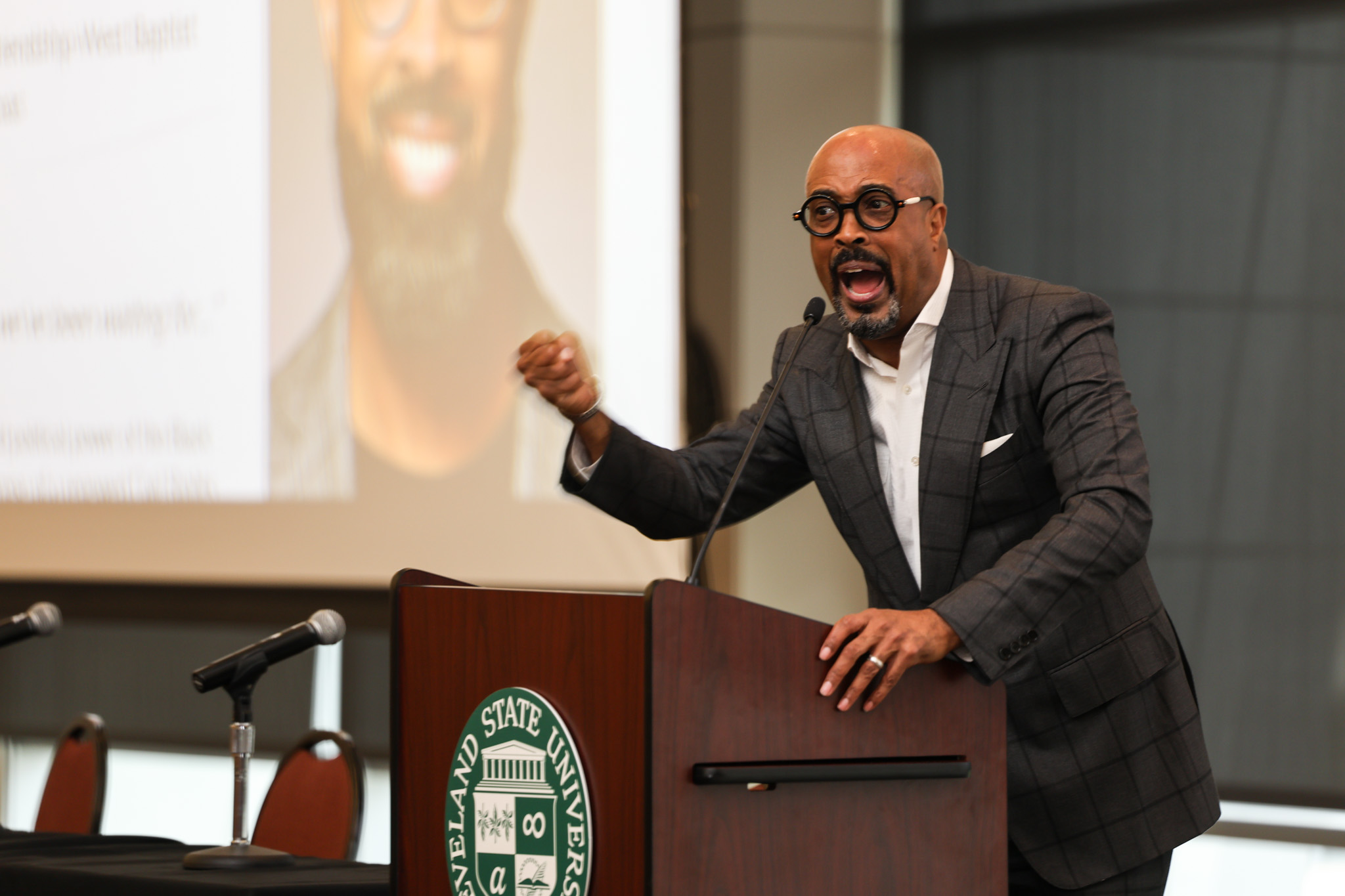
After a brief awards ceremony that included a tribute to professors John Bracy and Bill Spriggs, AFL-CIO Secretary Treasurer Fred Redmond gave a powerful and rousing closing address in which he called on all of us who care about racial, economic, and social justice to “reclaim populism” and rebuild the non-partisan multi racial collations needed to defend and expand an inclusive American middle class.
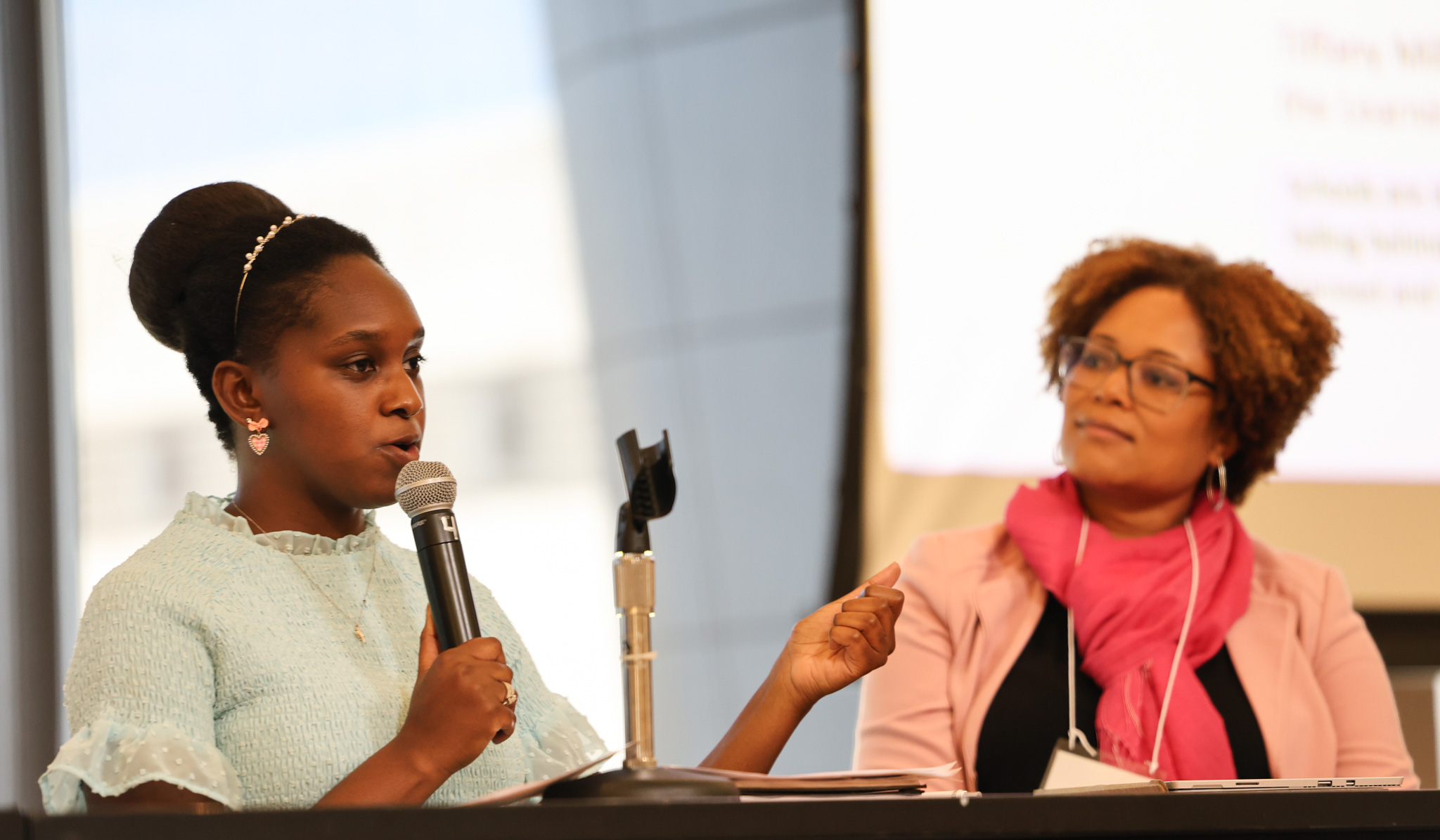
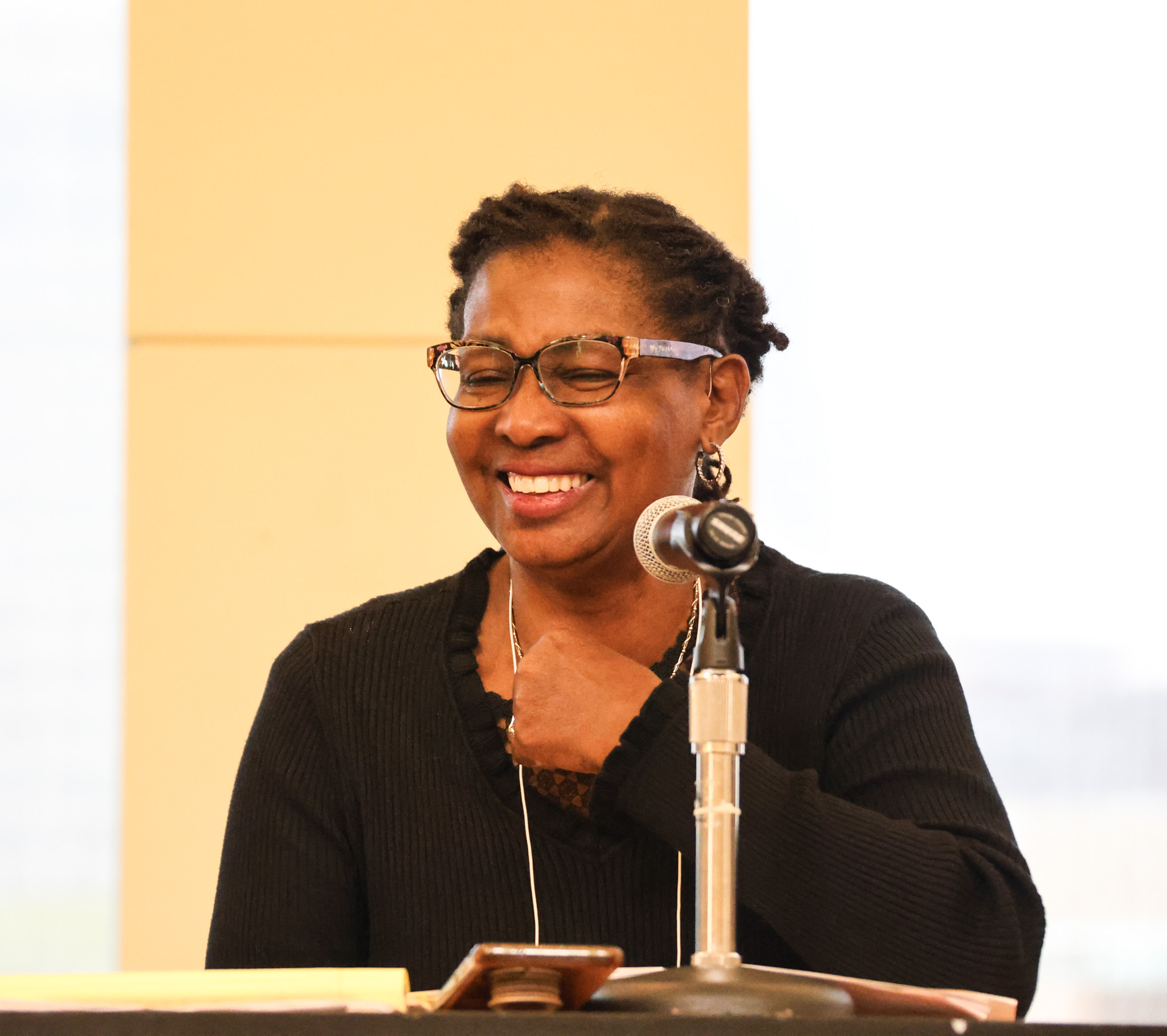
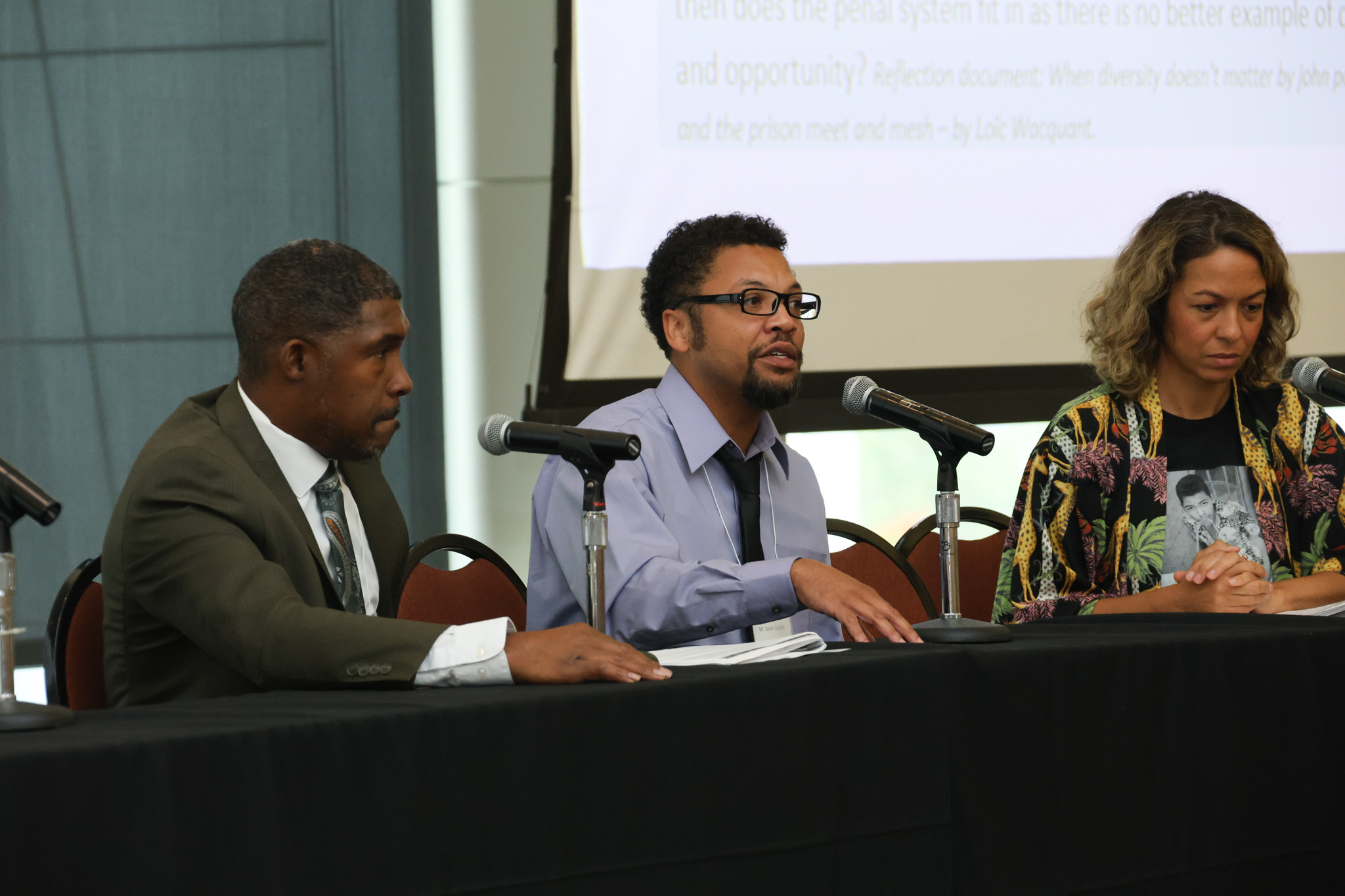
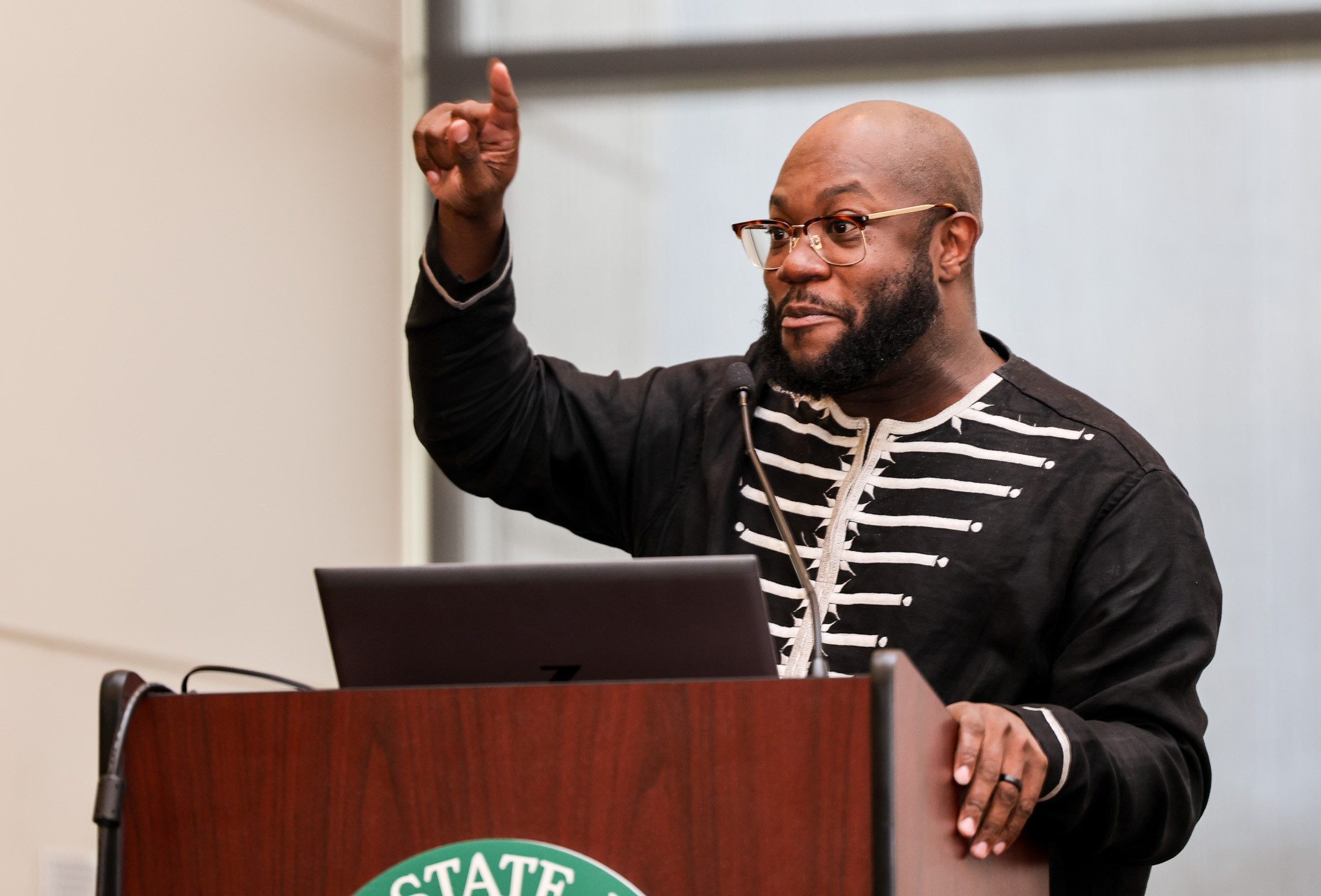
2023 Summit Sponsors
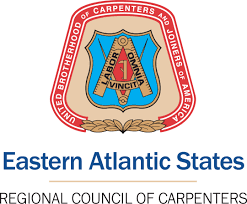
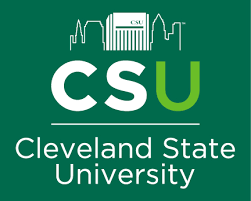
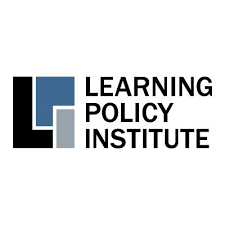
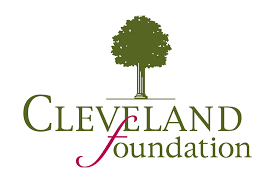
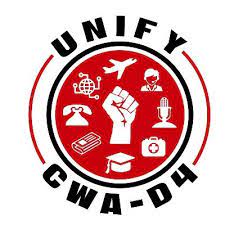
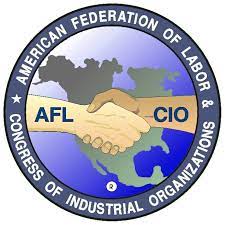

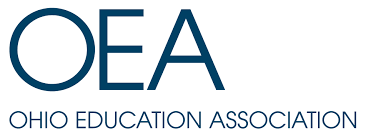

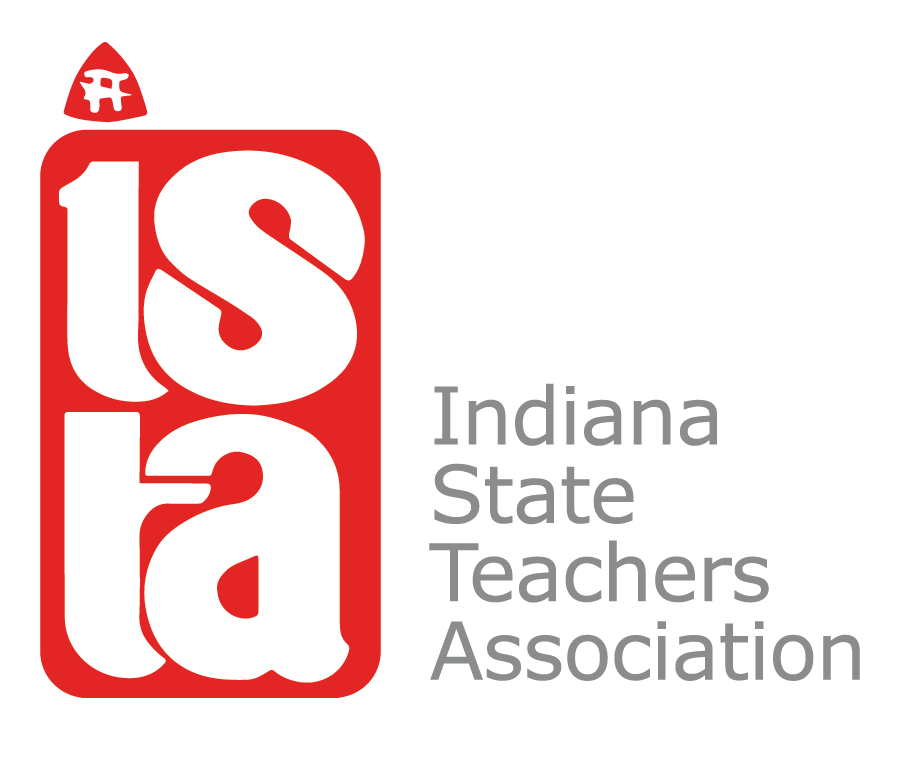
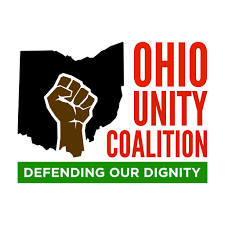
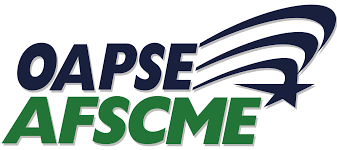
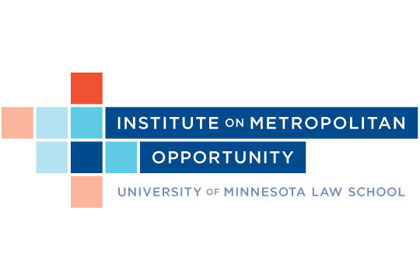
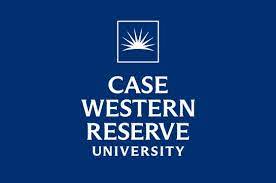
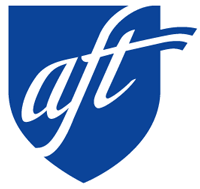

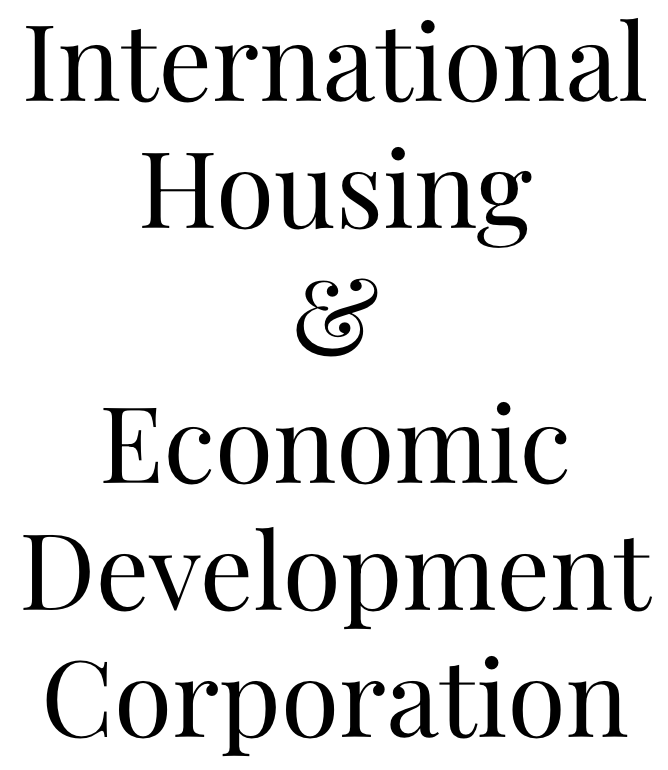
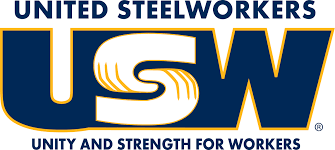
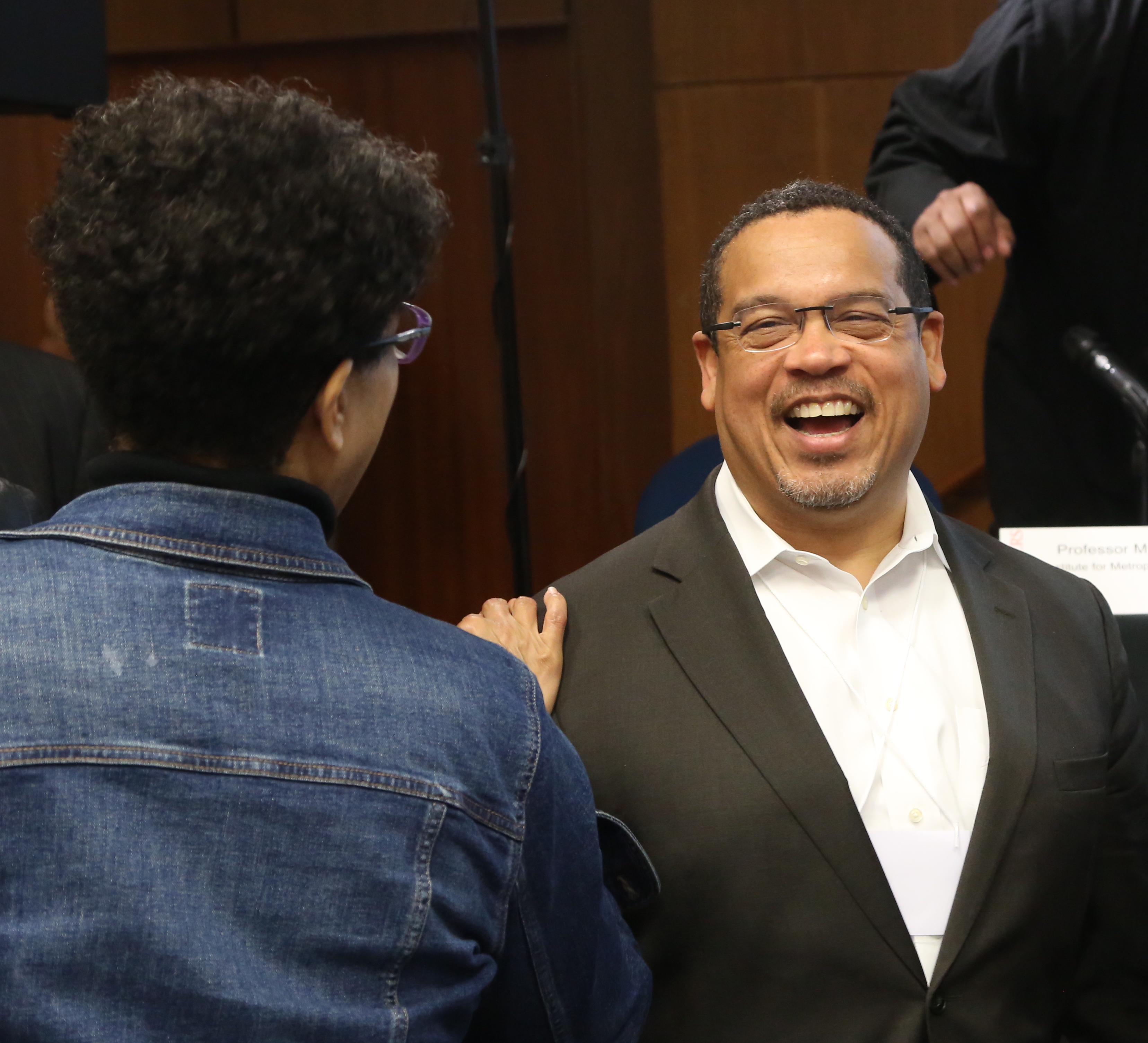 BACKGROUND AND PURPOSE
BACKGROUND AND PURPOSE
The first Summit for Civil Rights began on November 9, 2017 at the University of Minnesota Law School in Minneapolis. It was held a year to the day after the election of Donald J. Trump and featured Majority Whip James E. Clyburn, Vice President Walter Mondale and many others. Since then, we have held two more gatherings sponsored by Rutgers University School of Labor Relations in New Brunswick, NJ and Georgetown University Law School’s Workers’ Rights Institute in Washington, DC. Between events, a core committee of Summit organizers representing civil rights scholars, labor leaders, law students, clergy and elected officials have been assembling research and analysis to produce a set of recommendations for a strategic approach and a policy agenda to address some of the most critical issues facing our country.
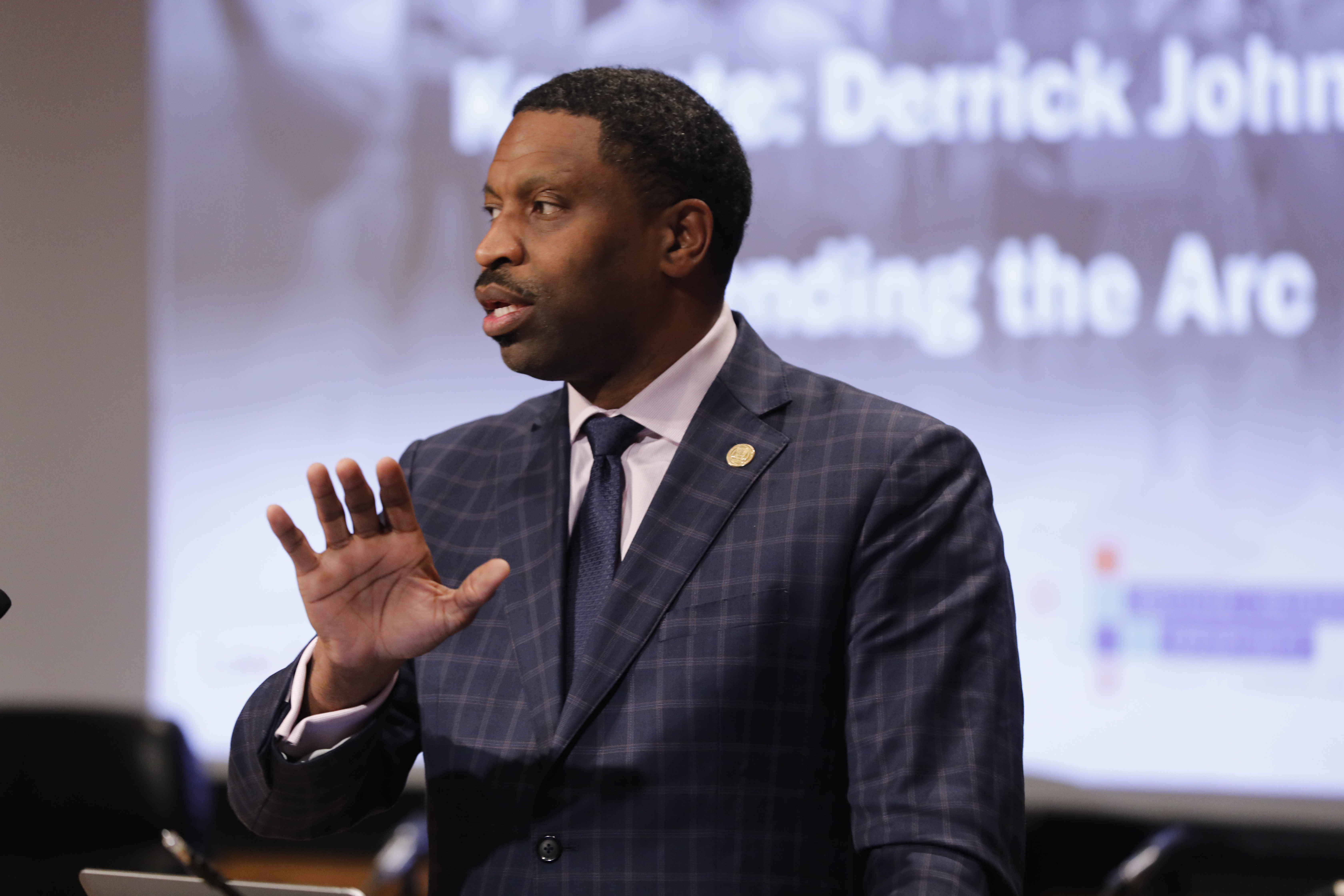
The Summit for Civil Rights held this past July was the latest in the series of three convenings that included, among others: House Majority Whip James E. Clyburn, House Committee on Education and Labor Chairman Robert C. “Bobby” Scott, AFL-CIO President Richard Trumka, NEA President Becky Pringle, NAACP President Derrick Johnson, Minnesota Attorney General Keith Ellison, Vice President Walter Mondale, AME Bishop Reginald T. Jackson, NAACP Legal Defense Fund President Sherrilyn Ifill, AFT President Randi Weingarten, Congresswoman Bonnie Watson Coleman; and many other civil rights activists, litigators, scholars and experts in education, housing, finance and labor .
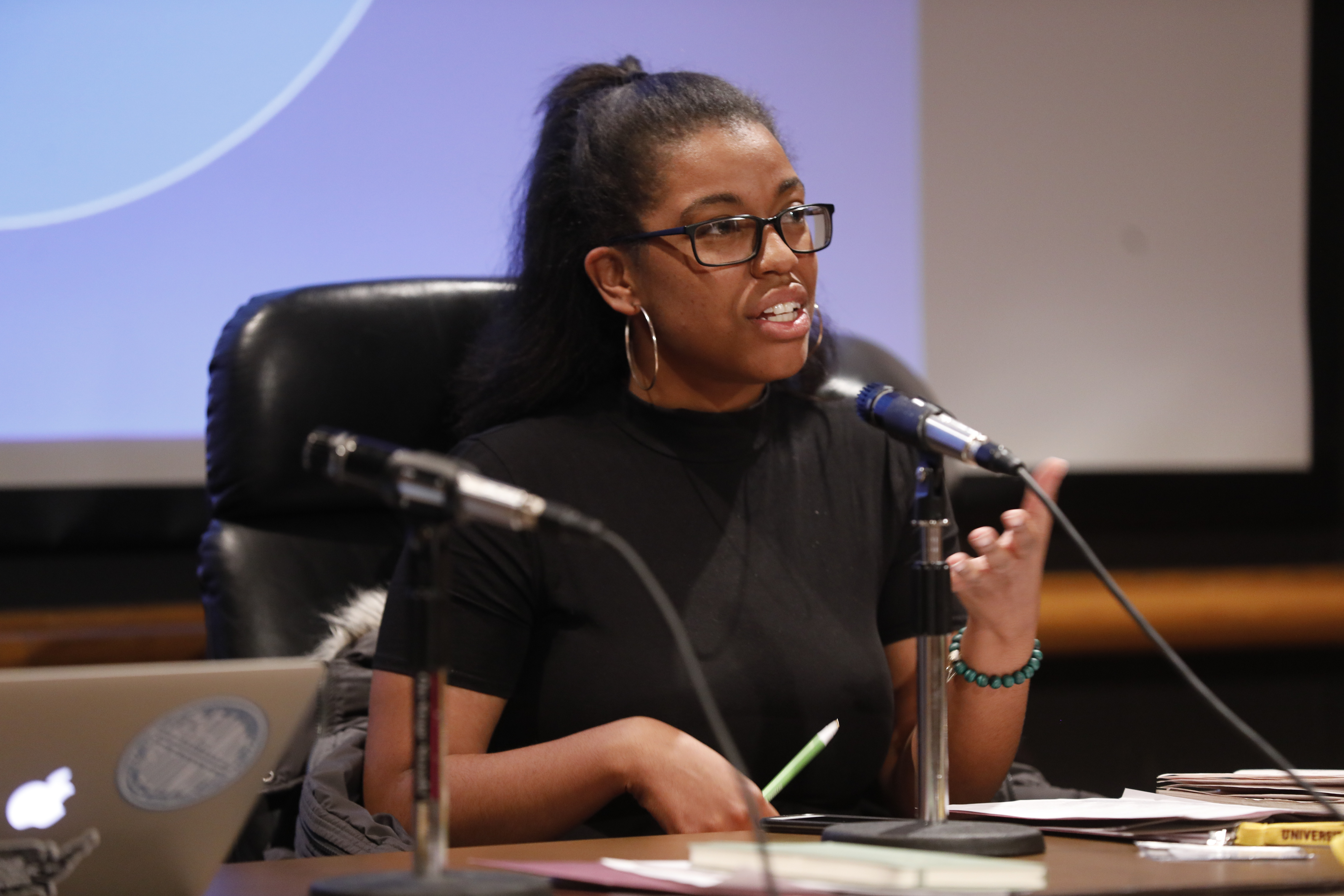
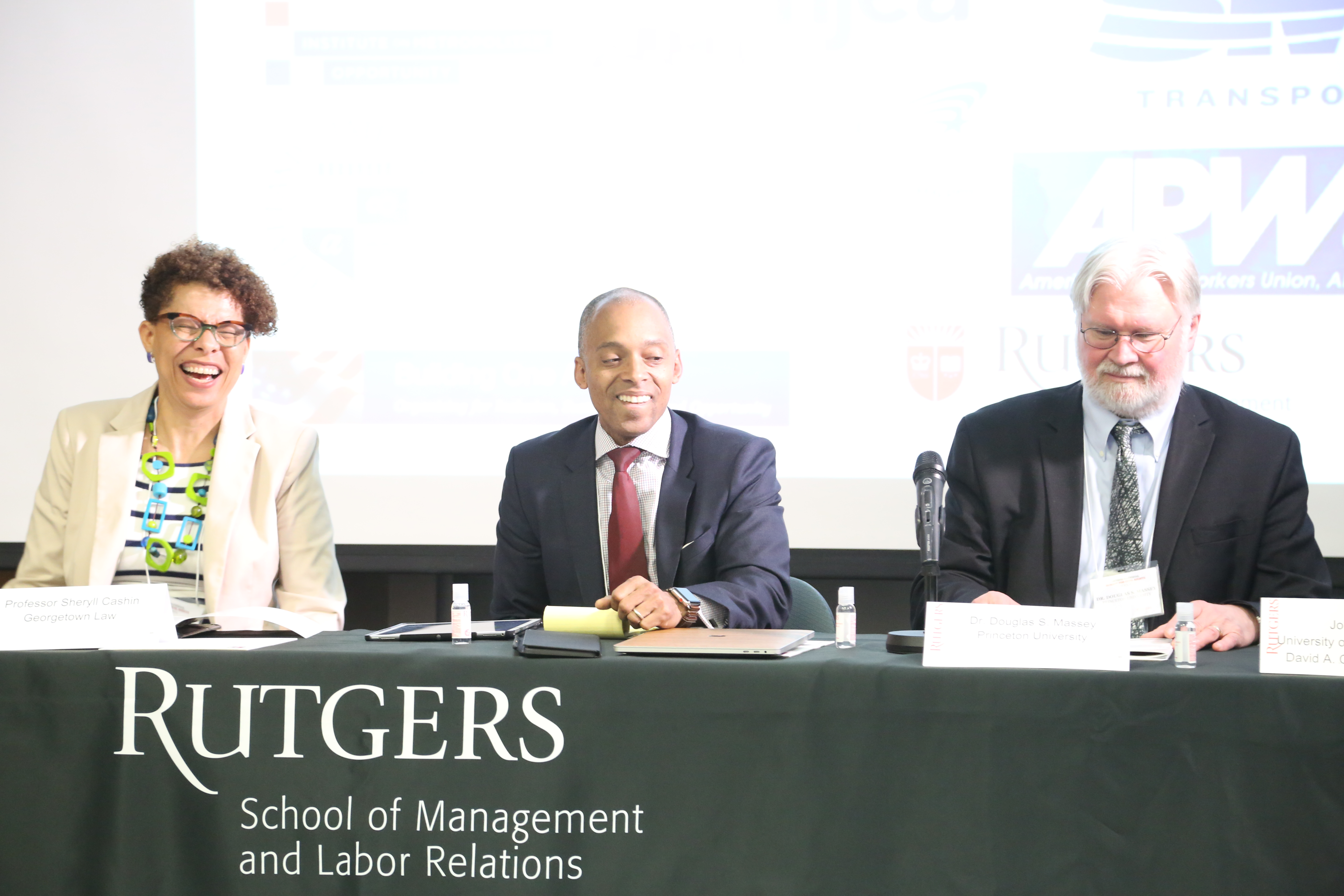 Our third Summit was held virtually under the cloud of the health emergency and economic catastrophe resulting from the 2020 Covid-19 pandemic. Despite the immediate crisis of the pandemic, the Summit for Civil Rights conference maintained its focus on addressing the three main interrelated topics listed above: racial injustice, economic inequality and political polarization in America. We did not ignore the pandemic. On the contrary, the still unfolding crisis has acted as an ill-timed and regrettable overlay that seems to have only magnified racial disparities, deepened economic inequality and widened the political divide.
Our third Summit was held virtually under the cloud of the health emergency and economic catastrophe resulting from the 2020 Covid-19 pandemic. Despite the immediate crisis of the pandemic, the Summit for Civil Rights conference maintained its focus on addressing the three main interrelated topics listed above: racial injustice, economic inequality and political polarization in America. We did not ignore the pandemic. On the contrary, the still unfolding crisis has acted as an ill-timed and regrettable overlay that seems to have only magnified racial disparities, deepened economic inequality and widened the political divide.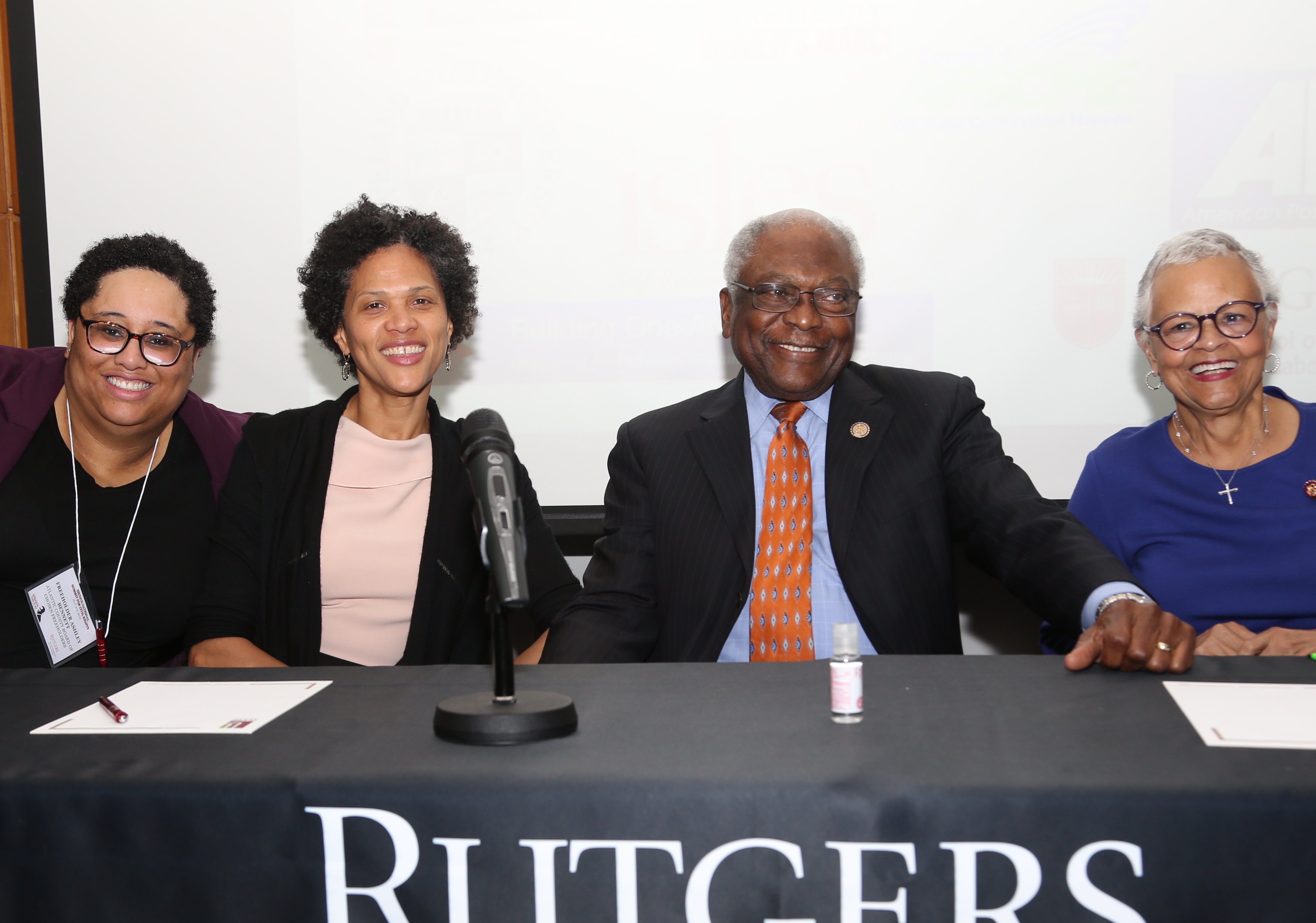
This document is an attempt to summarize some of the key areas of transformational reform we believe can and must be pursued by Congress and the new Administration to move our country in a different and better direction. It hopes to unite the energies and the constituencies committed to racial justice and those focused on middle-class opportunity for all Americans—especially groups tied to civil rights and organized labor, including faith communities and local elected officials. Much of this argues for a regional, or metropolitan, approach to bringing us closer together as a country socially, politically and economically.
2017 Summit Program and Agenda
2020 100 Day White House Policy Summit Agenda
Summary of Transition Recommendations
An Agenda for Racial Justice and Middle Class Opportunity for All Americans Within a Metropolitan Framework
On July 30 and 31, 2020, over 50 civil rights leaders, including renowned scholars and litigators, clergy and faith leaders, grassroots organizers, labor union presidents and elected officials including powerful members of Congress, convened with over 500 participants to examine and call for action on today’s triple crisis of deadly racial injustice, vanishing middle class opportunity and toxic political polarization. One of our central conclusions is that spatial disparities (segregation by race and income), especially across America’s metropolitan regions, are significant and critical drivers of structural inequalities in wealth, education and opportunity, widening both race and class divides and contributing to our already fractured politics. What follows are recommendations for federal action for reducing these disparities and expanding an inclusive middle class through structural reform at the regional level.
